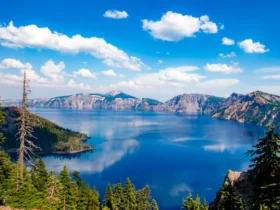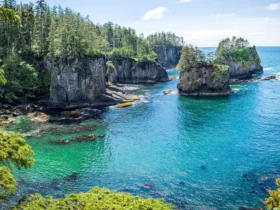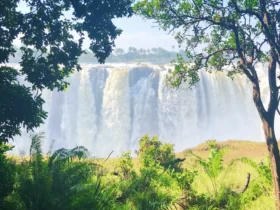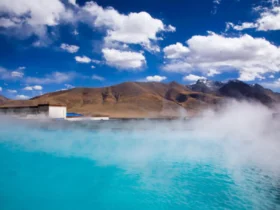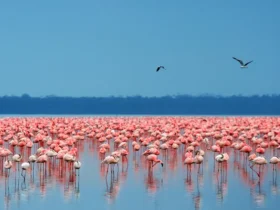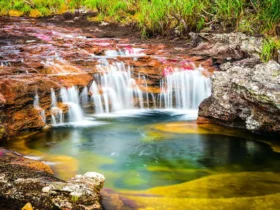The Great Lakes are a group of five interconnected freshwater lakes located in North America, straddling the border between the United States and Canada. They are the largest group of freshwater lakes in the world by total area and contain about 21% of the world’s surface freshwater by volume.
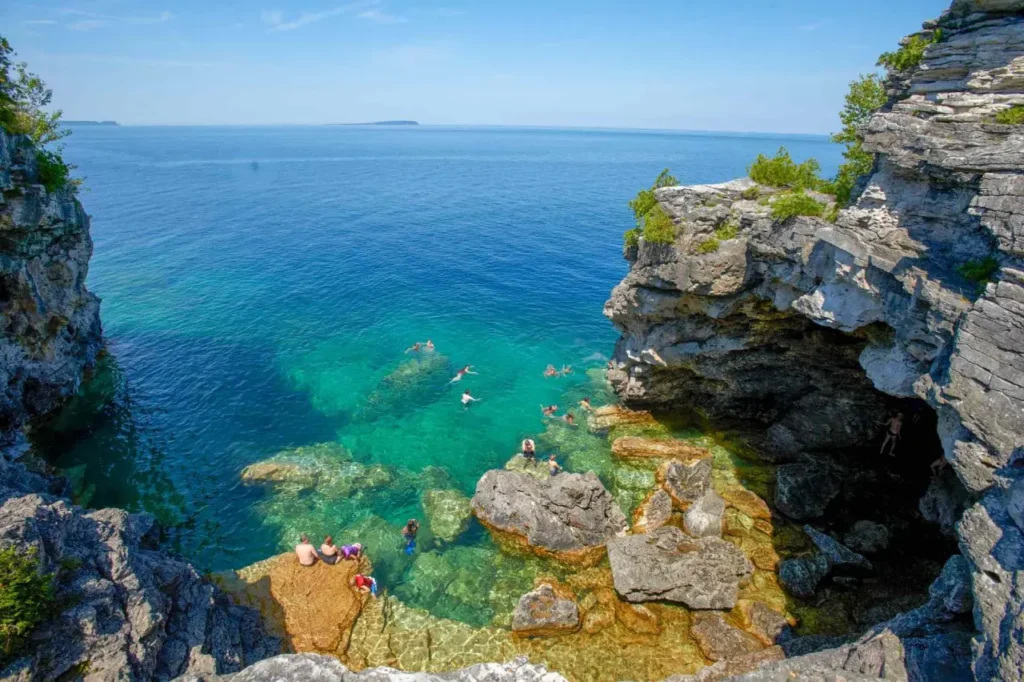
The Great Lakes are vital for transportation, trade, and recreation in the region. They also support a diverse ecosystem with numerous fish species and provide drinking water for millions of people. The lakes are connected by various straits and channels, with the St. Lawrence River serving as their primary outlet to the Atlantic Ocean.
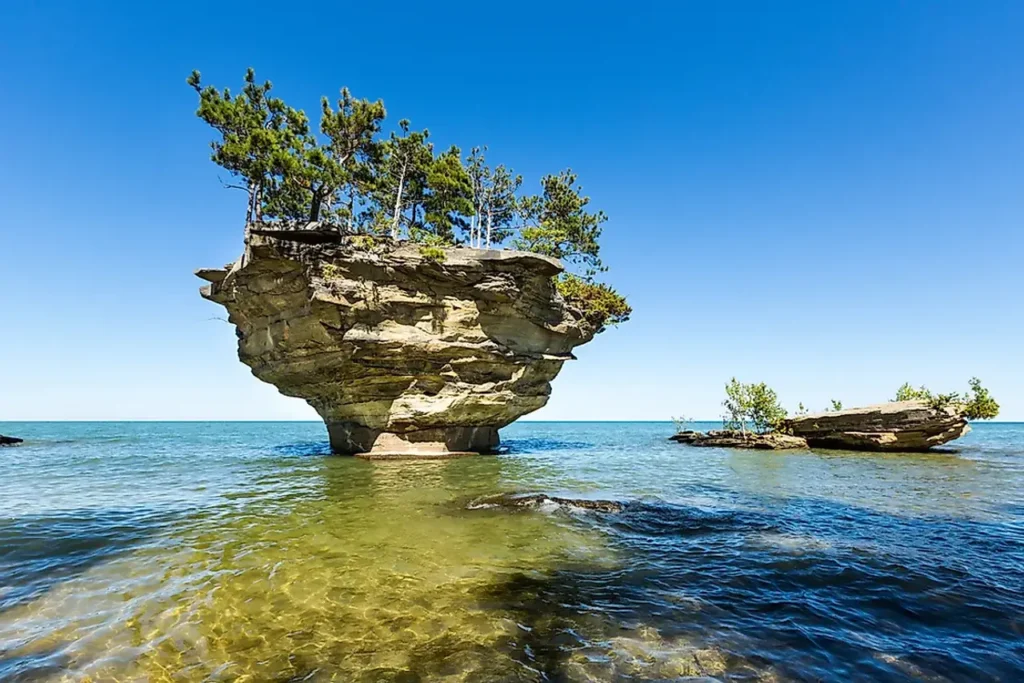
Tourism, boating, fishing, and other water-based activities are popular in the Great Lakes region. The lakes are also home to several major cities, including Chicago, Detroit, Toronto, and Cleveland, which rely on the lakes for their economic and cultural significance.
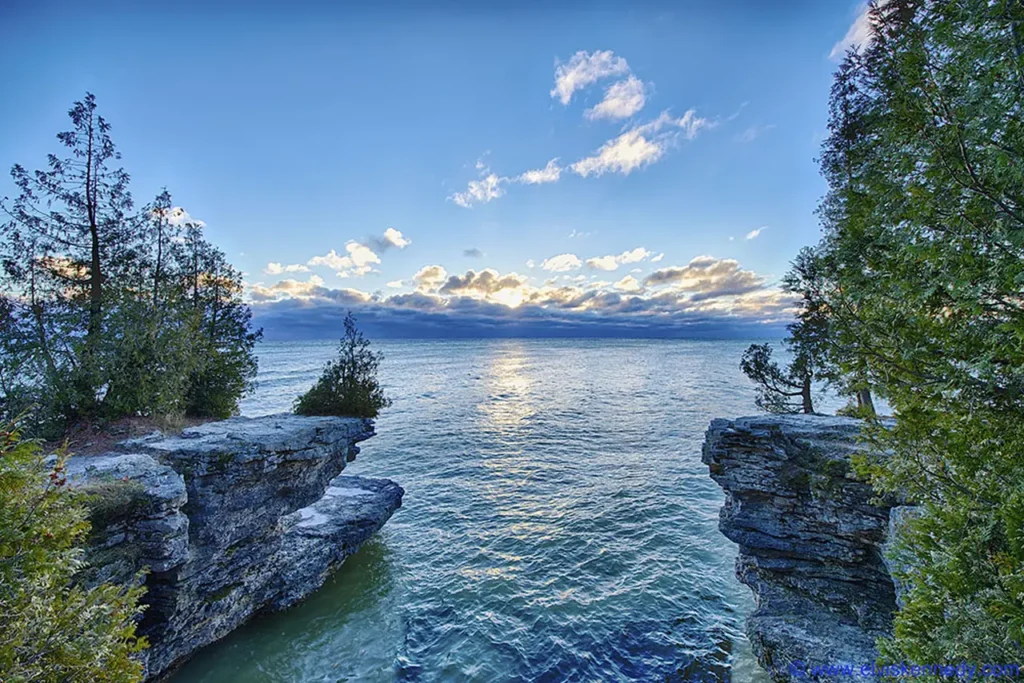
Some information about the Great Lakes
Names and Location: The five Great Lakes are Lake Superior, Lake Michigan, Lake Huron, Lake Erie, and Lake Ontario. They form the largest group of freshwater lakes on Earth and are situated in the northeastern part of North America.
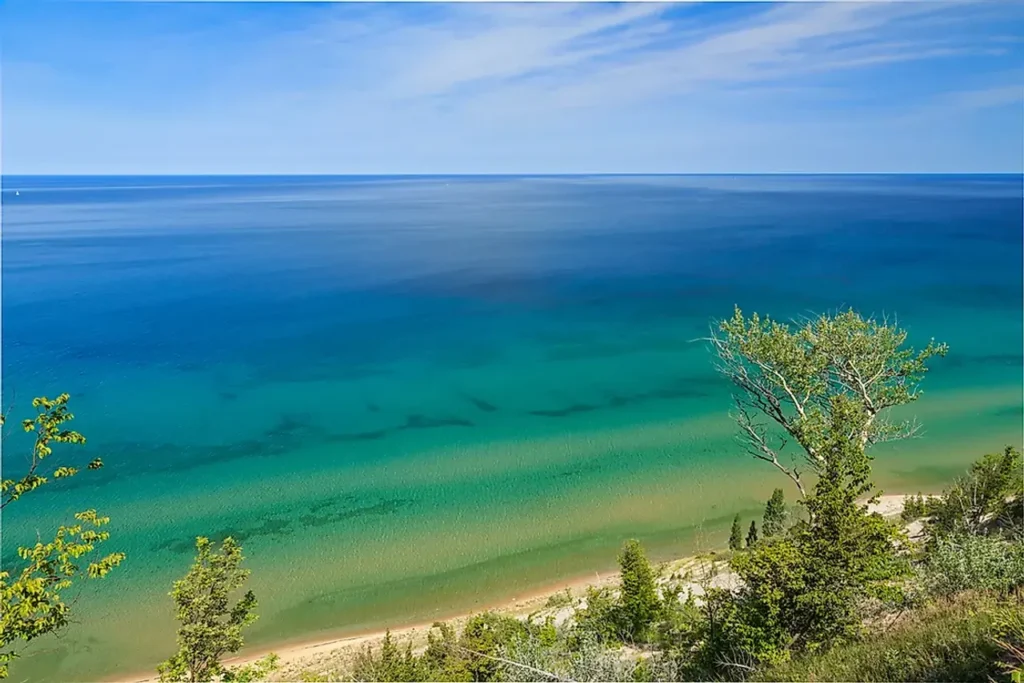
1. Lake Superior: It is the largest and deepest of the Great Lakes, located primarily in the United States. It is shared by the states of Minnesota, Wisconsin, and Michigan, as well as the Canadian province of Ontario.
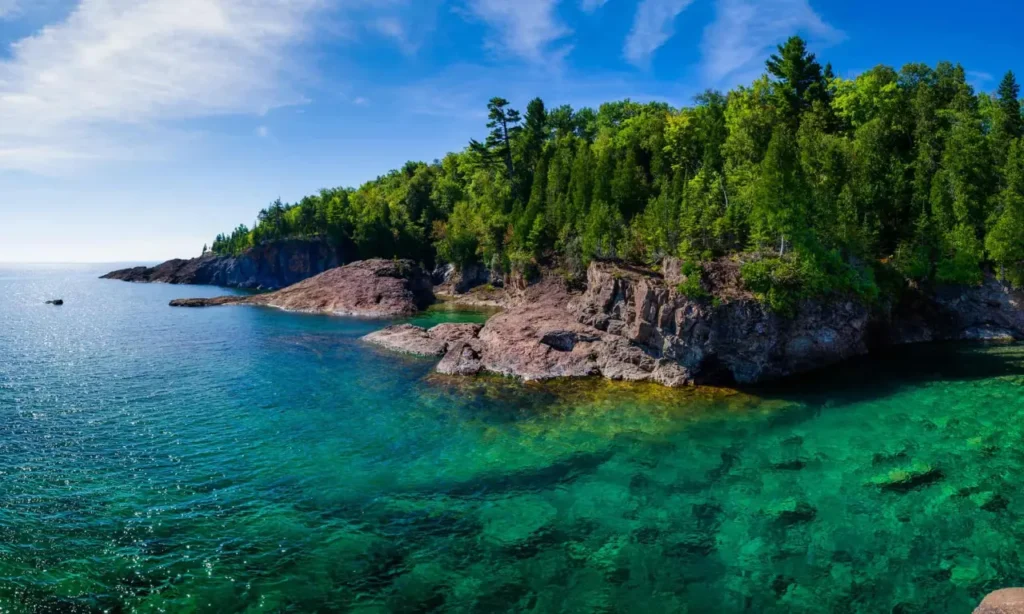
2. Lake Michigan: It is the only one of the Great Lakes that is entirely within the United States. It is located mainly in the state of Michigan but also borders the states of Indiana, Illinois, and Wisconsin.
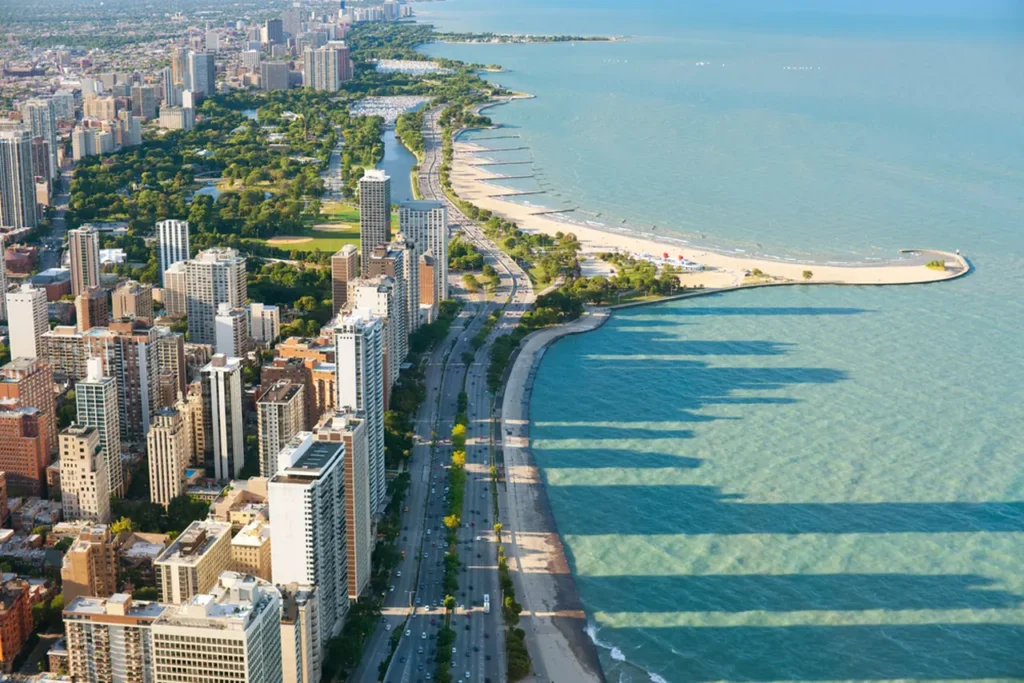
3. Lake Huron: It is the second-largest of the Great Lakes and is shared by the United States and Canada. It is located between the state of Michigan and the province of Ontario.
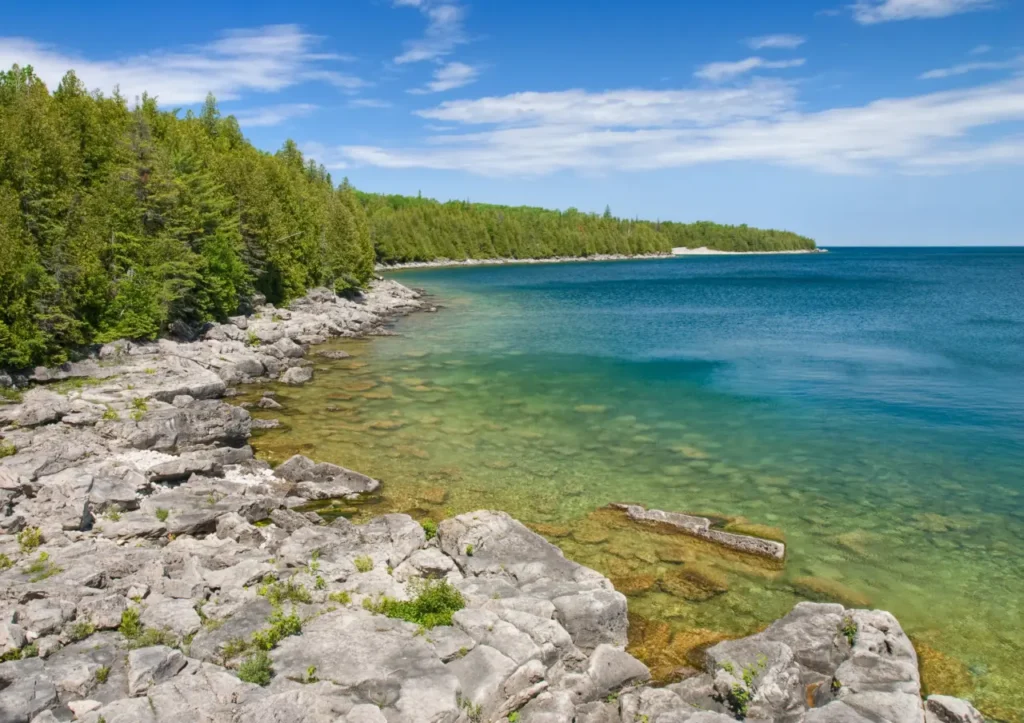
4. Lake Erie: It is the fourth-largest of the Great Lakes and is located on the border between the United States and Canada. It is bordered by the states of Michigan, Ohio, Pennsylvania, and New York, as well as the Canadian province of Ontario.
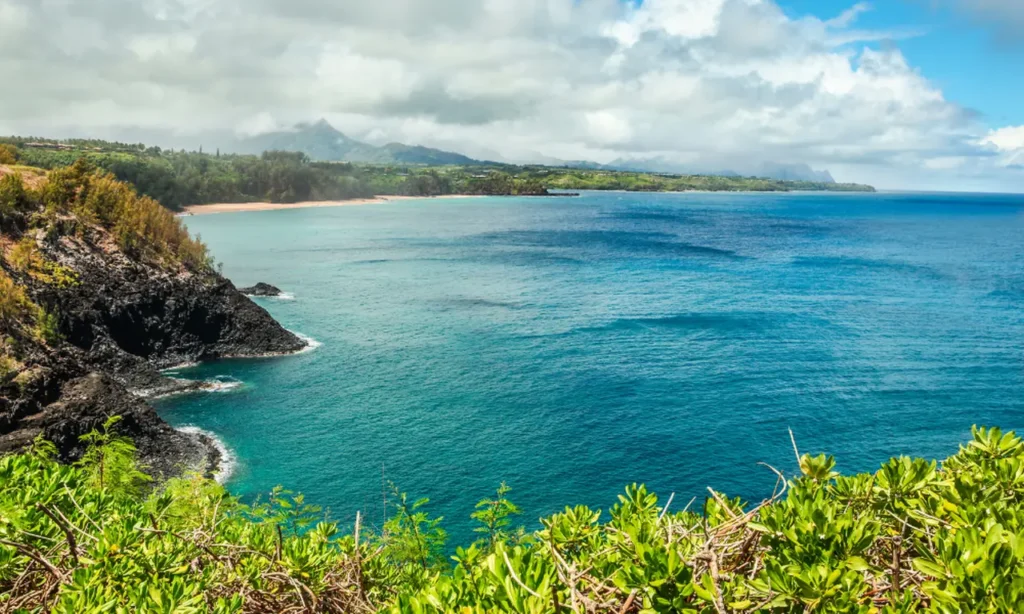
5. Lake Ontario: It is the smallest of the Great Lakes but still a substantial body of water. It is located on the border between the United States and Canada, with New York and Ontario being the primary states and province, respectively, that border the lake.
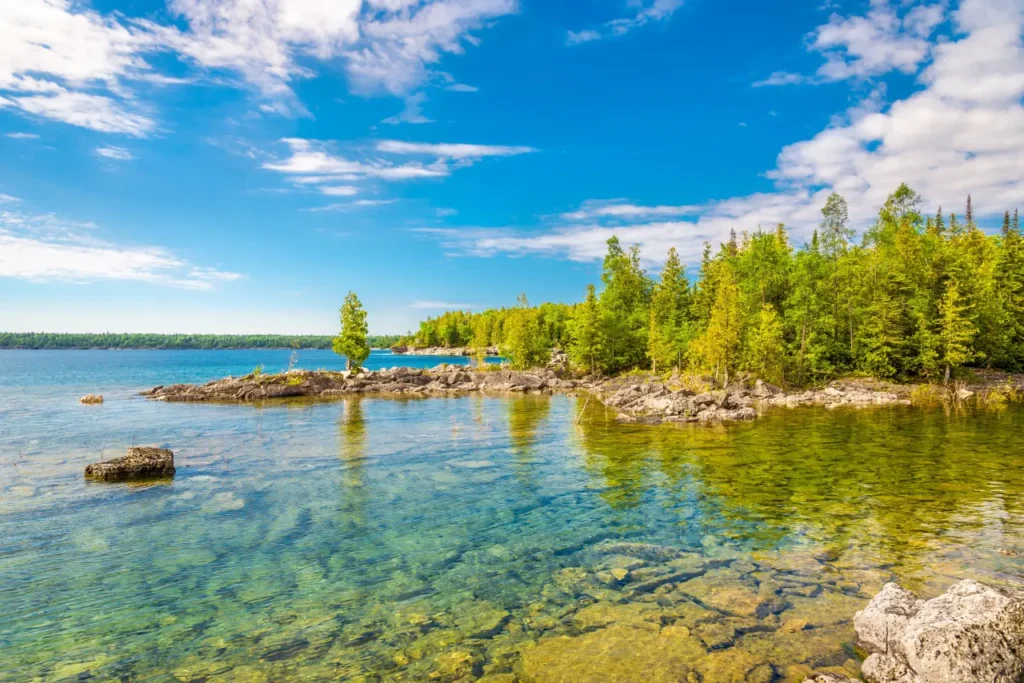
Size and Volume: The Great Lakes cover a vast area of approximately 244,106 square kilometers (94,250 square miles). They contain about 22,671 cubic kilometers (5,439 cubic miles) of water, making them the largest surface freshwater system in the world by surface area and volume.
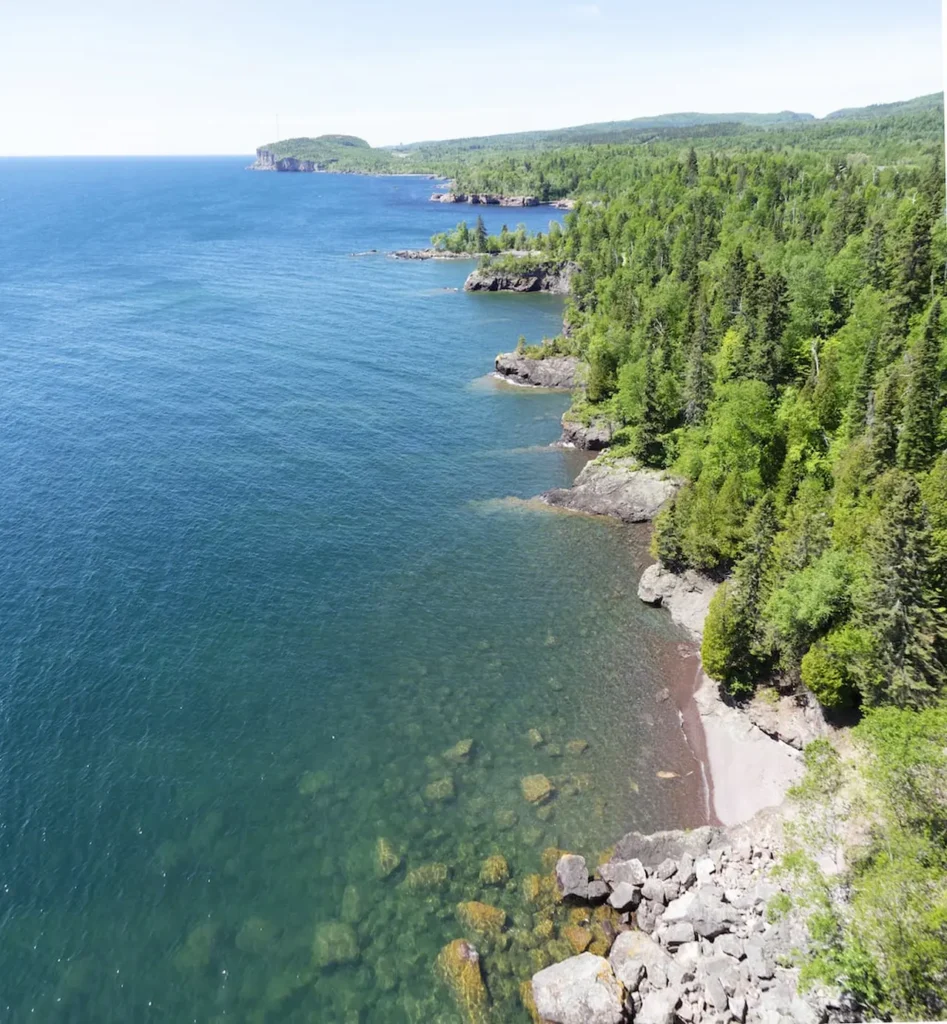
Connection and Water Flow: The Great Lakes are connected by various straits, channels, and rivers. Lake Superior is the highest in elevation and flows into Lake Huron through the St. Marys River. Lake Huron then flows into Lake Michigan through the Straits of Mackinac. Lake Michigan, in turn, joins Lake Erie through the Chicago River and the Welland Canal connects Lake Erie to Lake Ontario. Finally, Lake Ontario empties into the St. Lawrence River, which flows into the Atlantic Ocean.
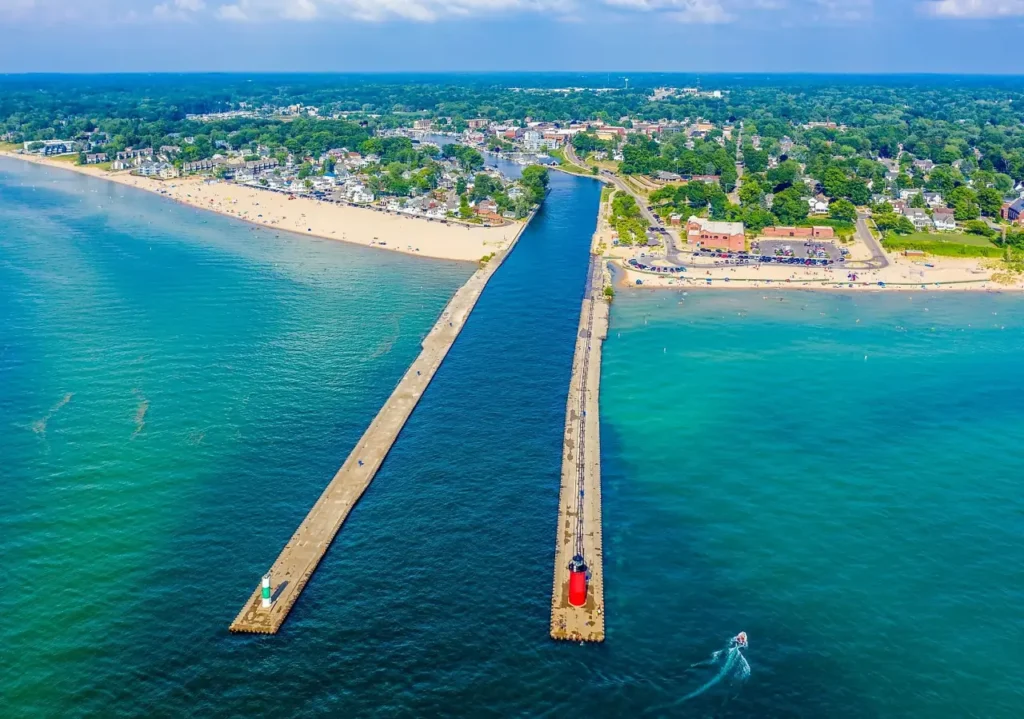
Ecological Significance: The Great Lakes are not only a vital freshwater resource but also a globally significant ecological system. They support a diverse range of plant and animal species, including fish such as trout, salmon, walleye, and perch. The lakes are also home to various bird species, wetlands, and coastal habitats.
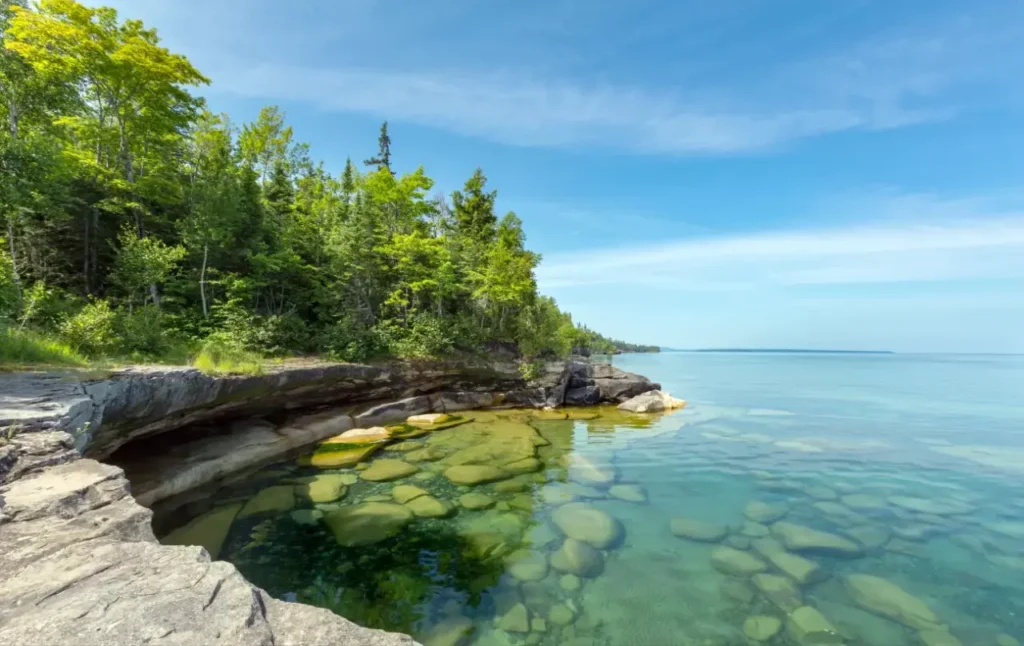
Economic Importance: The Great Lakes play a crucial role in the economies of both the United States and Canada. They serve as a major transportation route for commercial shipping, connecting the Atlantic Ocean to the interior of North America. The ports along the Great Lakes handle a significant amount of cargo, including raw materials, goods, and commodities.
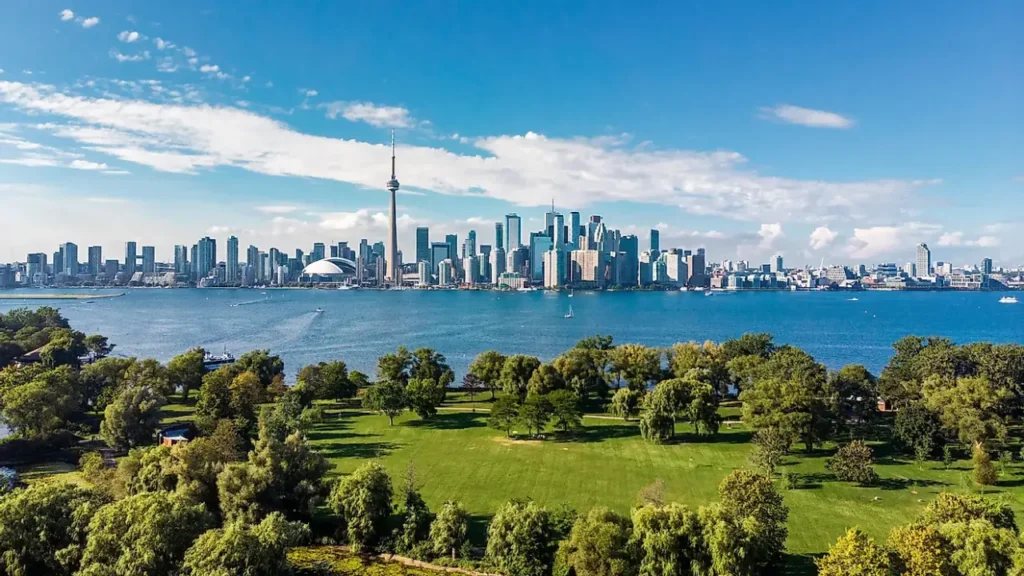
Recreational Activities: The Great Lakes offer a wide range of recreational activities. Popular activities include boating, fishing, swimming, kayaking, and sailing. The lakes’ coastlines feature numerous beaches, parks, and recreational areas where visitors can enjoy outdoor activities and admire the scenic beauty.
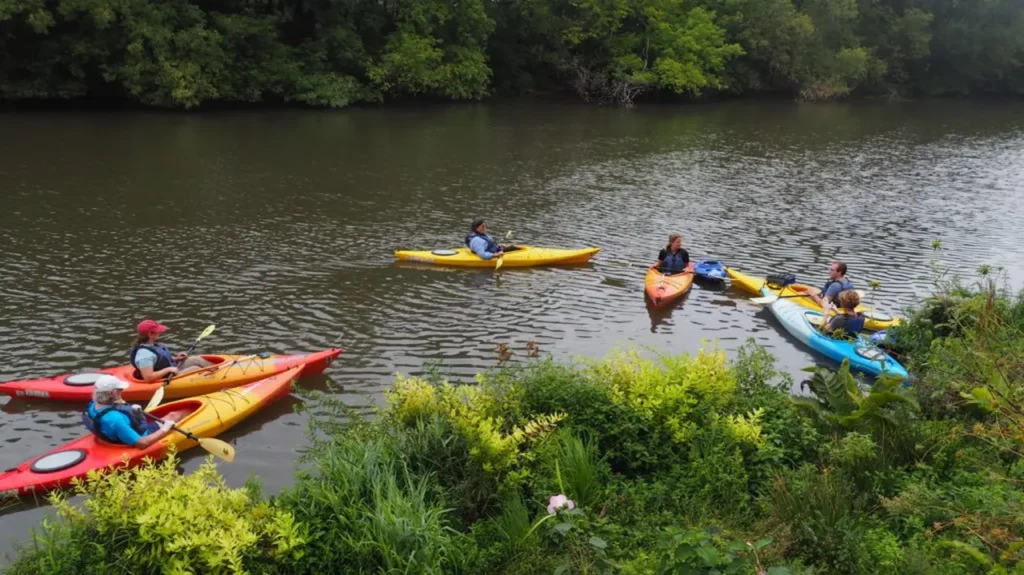
Environmental Challenges: Despite their importance, the Great Lakes face various environmental challenges, including pollution, invasive species, and habitat degradation. Efforts are being made by both countries to preserve and protect the ecological integrity of the lakes through initiatives such as water quality monitoring, habitat restoration, and invasive species management.
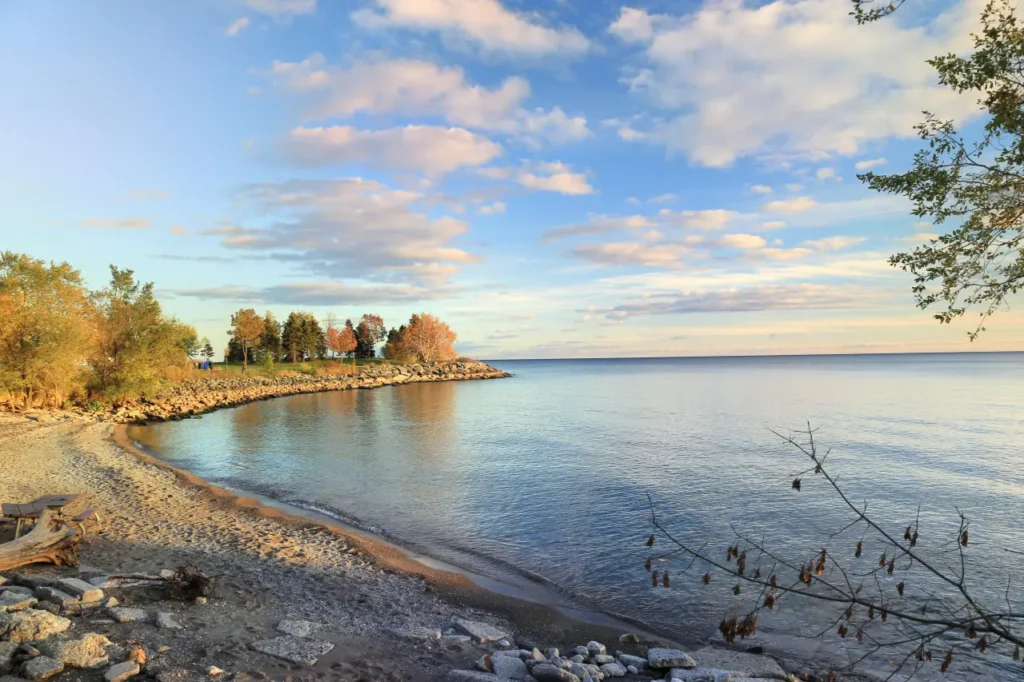
The Great Lakes are not only significant in terms of their sheer size and ecological importance but also offer stunning natural beauty and a wealth of recreational opportunities for locals and visitors alike.
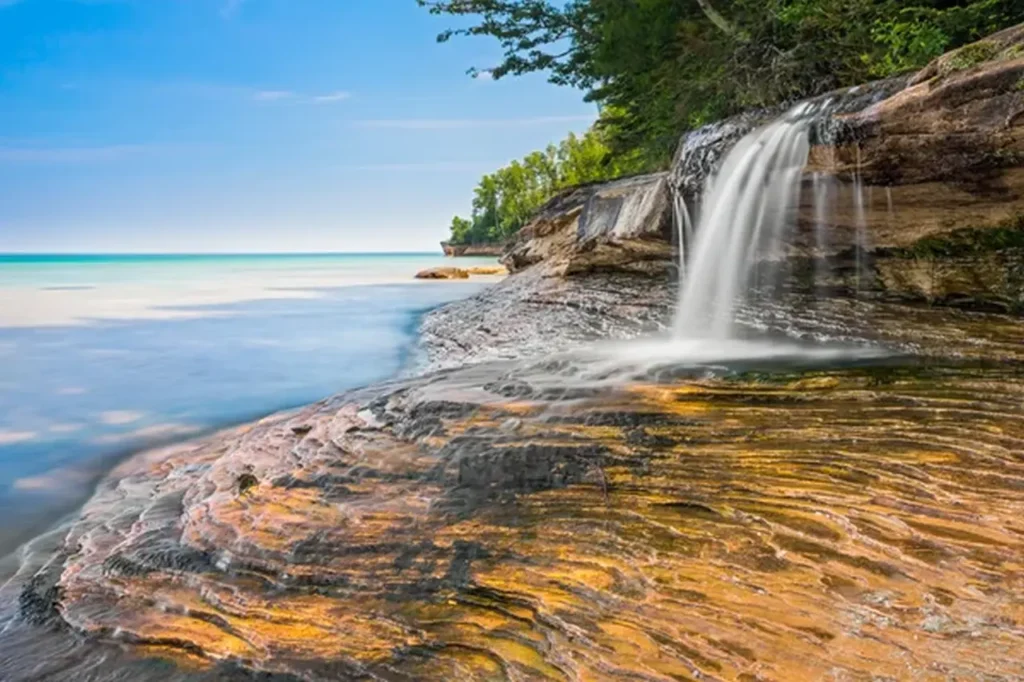
Some activities at the Great Lakes
These are some of the activities you can enjoy at the Great Lakes. The region offers something for everyone, each activity brings to you relaxation and memorable experiences.
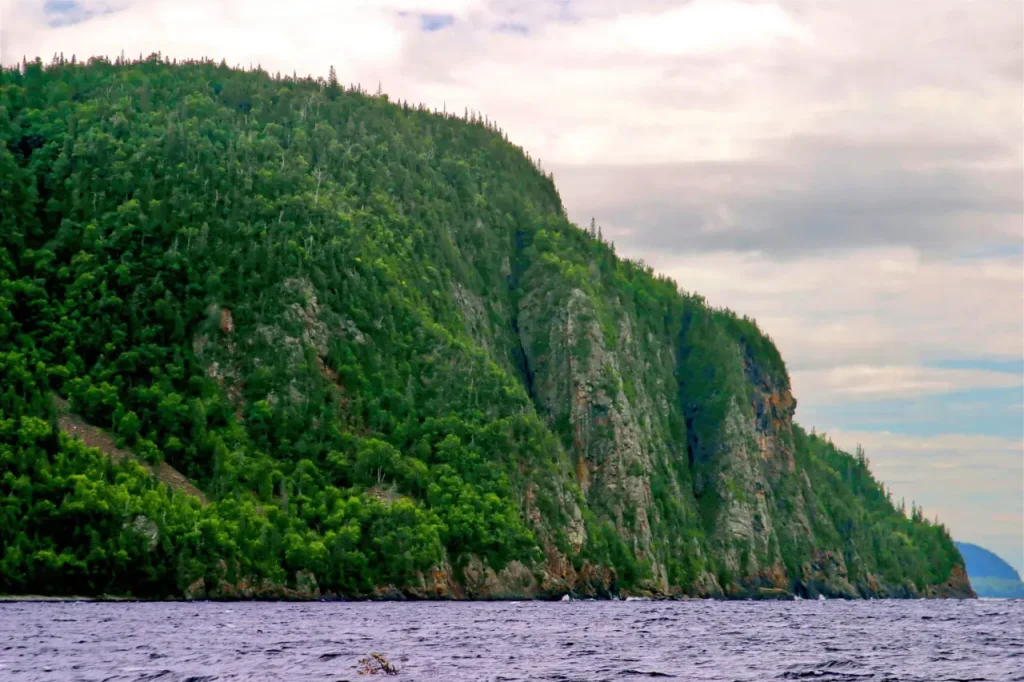
Here are some popular activities you can enjoy on the Great Lakes:
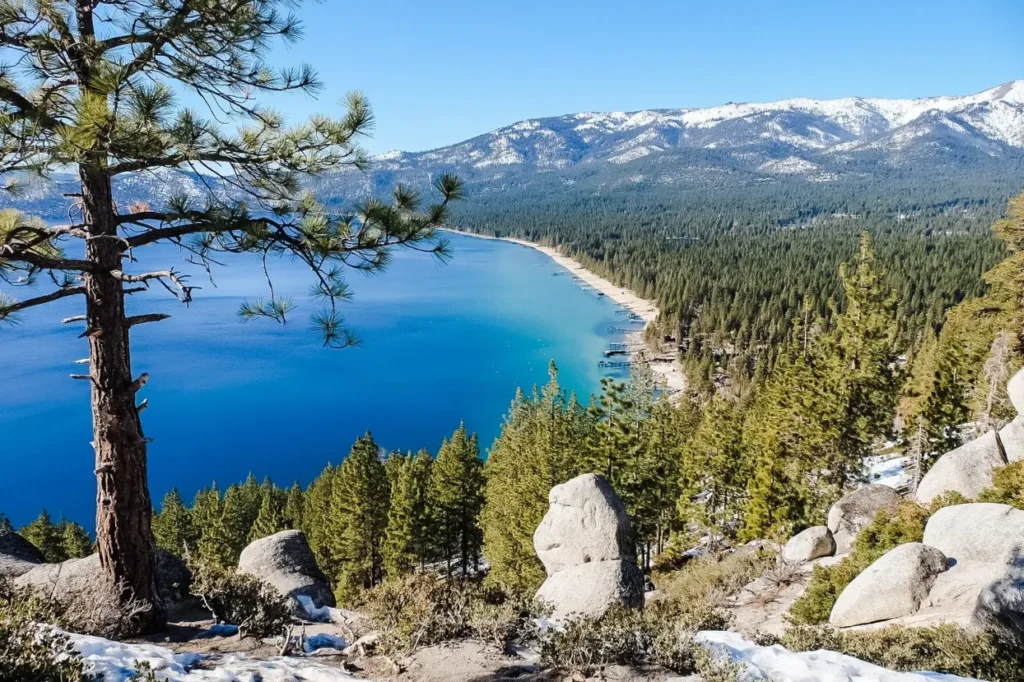
1. Boating and Sailing: The Great Lakes offer vast expanses of water, making them perfect for boating and sailing. Whether you have your own boat or prefer to rent one, you can explore the lakes, cruise along the coastlines, and discover hidden coves and islands. Sailing enthusiasts can take advantage of the steady winds and participate in regattas or leisurely sailing trips.
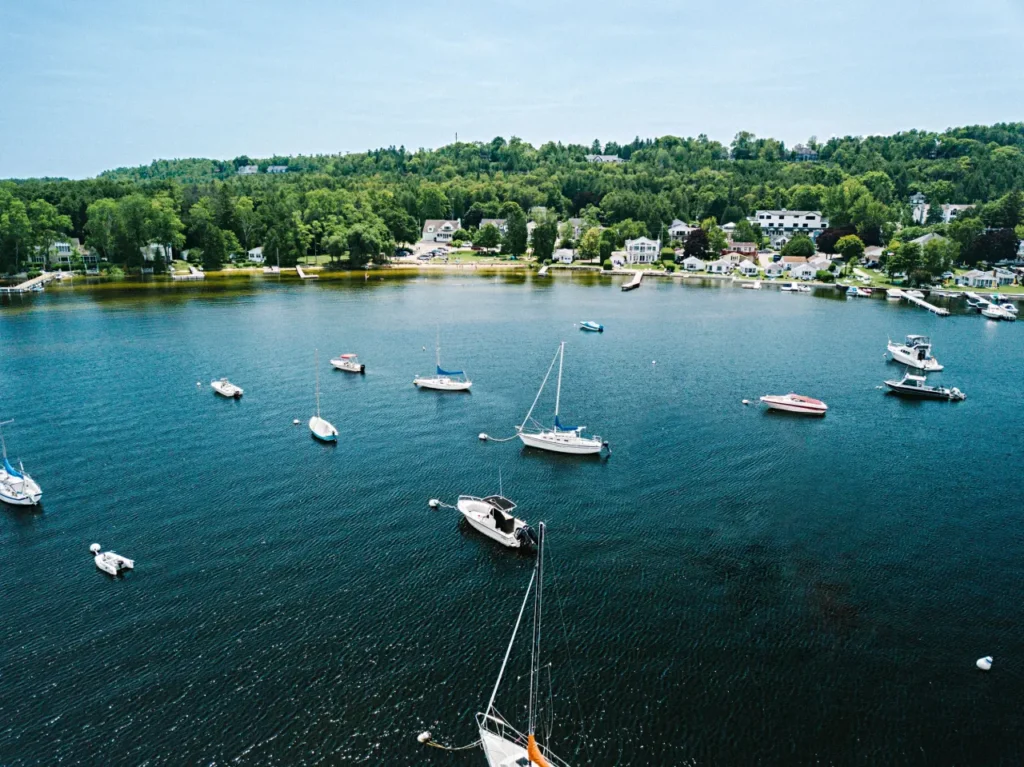
2. Fishing: The Great Lakes are renowned for their excellent fishing opportunities. Anglers can cast their lines for a variety of fish species, including trout, salmon, walleye, bass, perch, and more. Whether you prefer shore fishing or venturing out on a boat, the lakes offer abundant fishing grounds and thrilling catches.
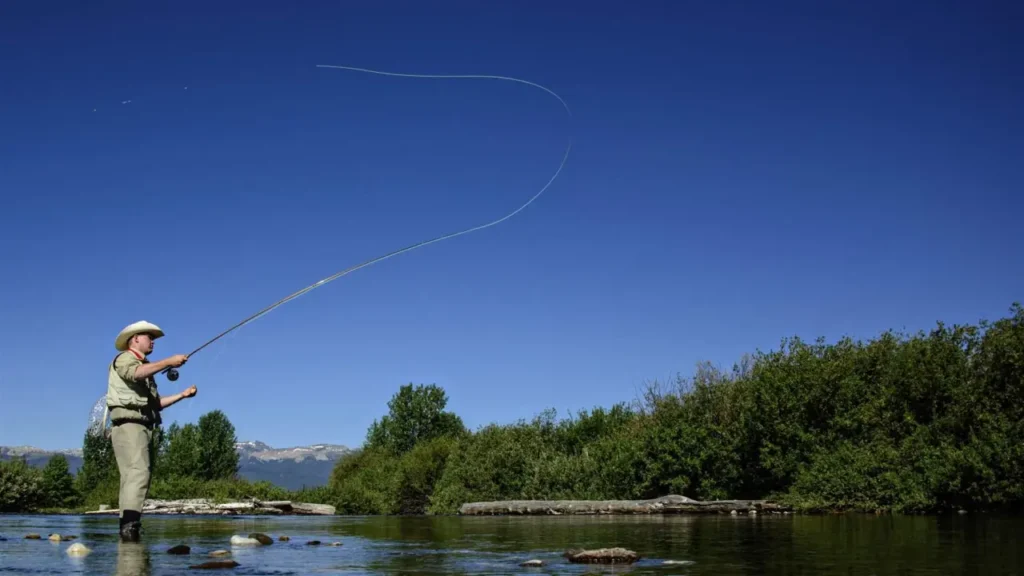
3. Swimming and Beach Activities: The Great Lakes have numerous beautiful beaches where you can swim, relax, and soak up the sun. Each lake offers different beach experiences, from sandy shores to rocky coastlines. Take a refreshing dip in the crystal-clear waters, build sandcastles, play beach volleyball, or simply enjoy a picnic with stunning lake views.
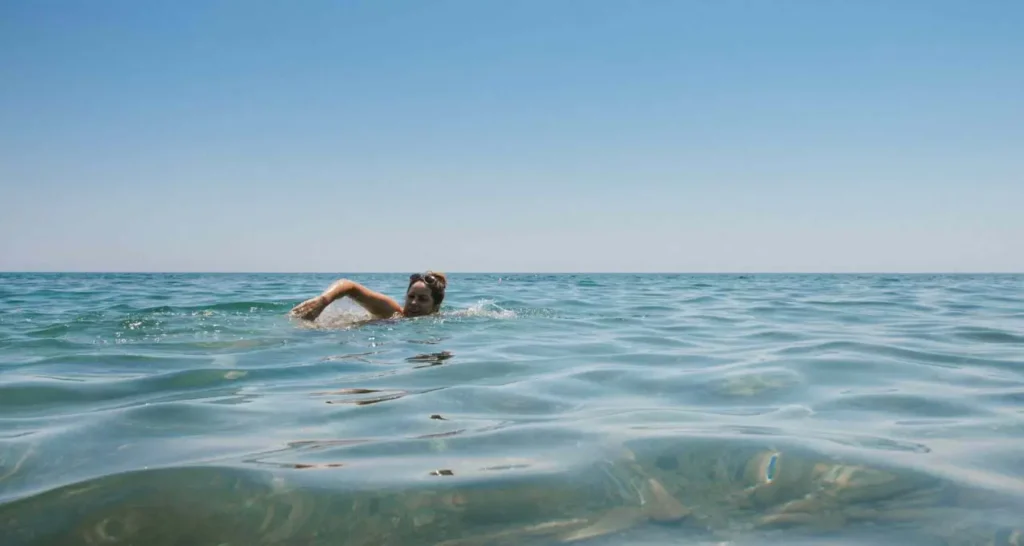
4. Kayaking and Canoeing: Exploring the Great Lakes by kayak or canoe is a fantastic way to get up close to nature. Paddle along the coastlines, venture into calm bays and inlets, and admire the scenic beauty and wildlife. You can rent equipment or join guided tours to explore the lakes’ hidden nooks and crannies.
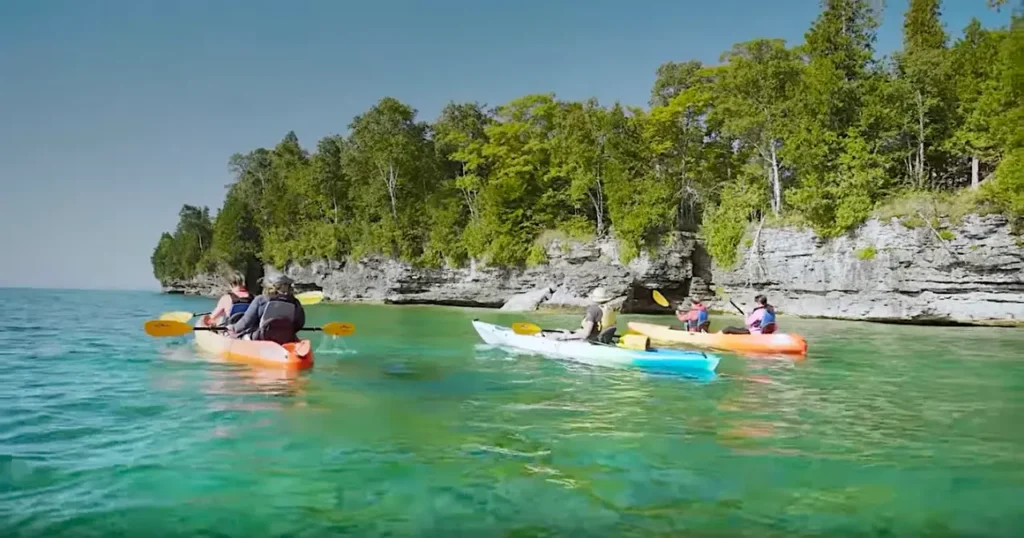
5. Scenic Cruises and Boat Tours: If you prefer a more relaxed and leisurely experience, take a scenic cruise or boat tour on the Great Lakes. Enjoy panoramic views of the shoreline, lighthouses, and islands, while learning about the history, culture, and ecology of the region. Sunset cruises are particularly popular, offering breathtaking views as the sun dips below the horizon.
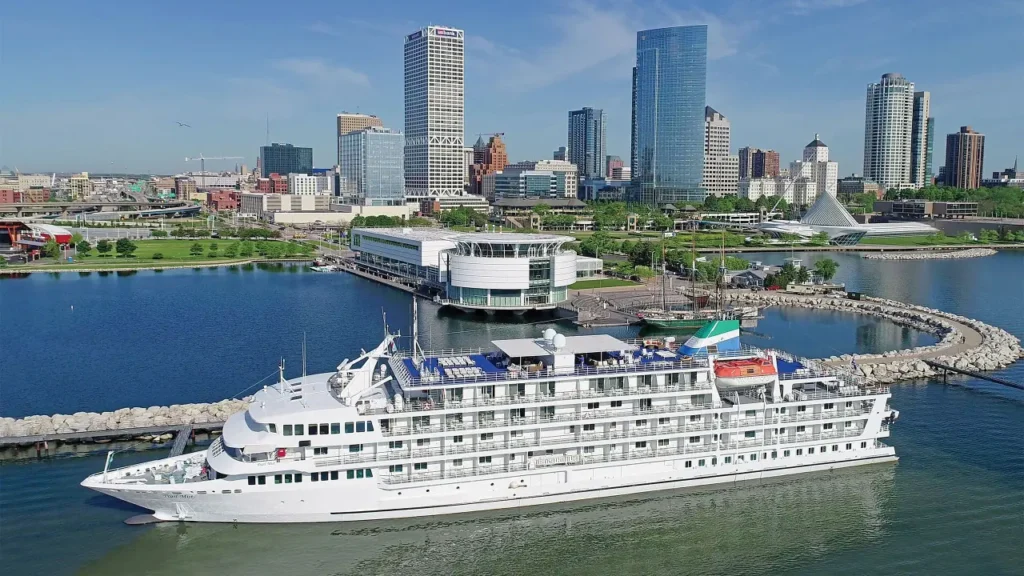
6. Water Sports: The Great Lakes provide a playground for various water sports. Try your hand at jet skiing, wakeboarding, paddleboarding, or windsurfing. Many coastal towns and cities have rental facilities and watersport centers where you can get equipment and take lessons.
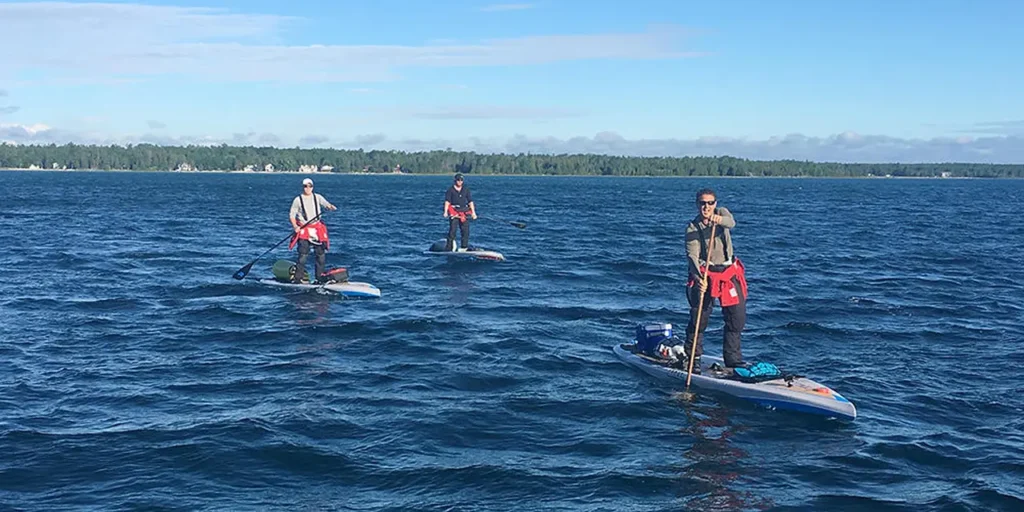
7. Hiking and Nature Trails: Along the shores of the Great Lakes, you’ll find numerous hiking trails and nature preserves. Lace up your hiking boots and explore the scenic landscapes, lush forests, and rugged cliffs. Many trails offer stunning views of the lakes and opportunities to spot wildlife, especially in the protected areas surrounding the lakes.
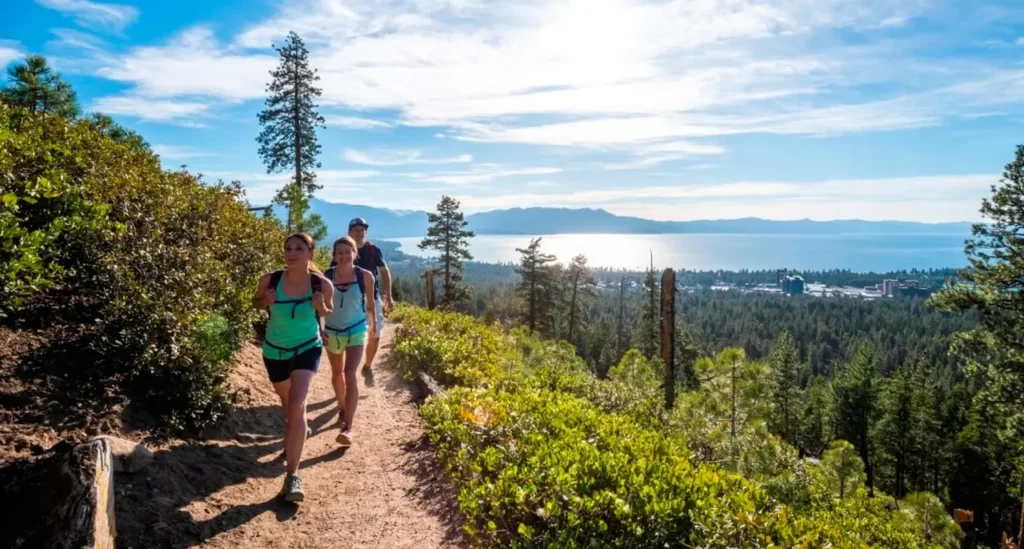
8. Birdwatching: The Great Lakes serve as vital habitats for a wide variety of bird species. Grab your binoculars and head to the lakeshores or wetlands to observe waterfowl, migratory birds, and raptors. Keep an eye out for bald eagles, herons, gulls, and various songbirds that call the lakes’ ecosystems home.
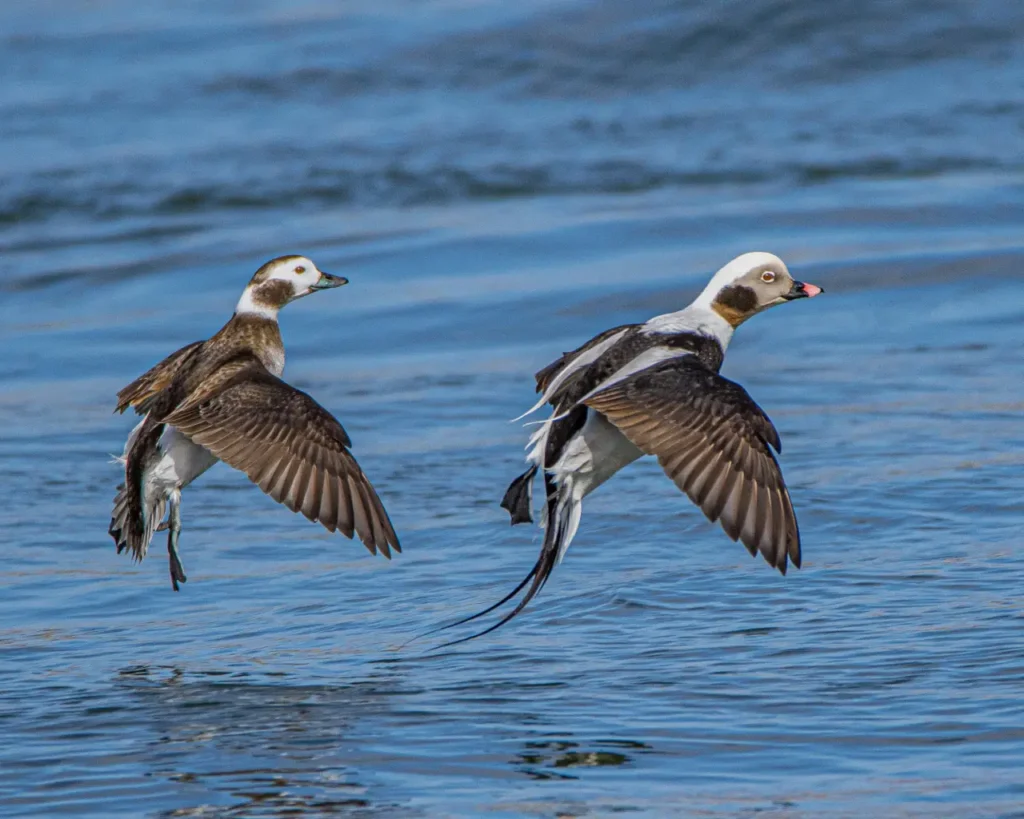
9. Scuba Diving: The Great Lakes offer unique scuba diving opportunities, especially for those interested in exploring shipwrecks. The lakes are known for their well-preserved underwater wrecks, providing divers with an exciting glimpse into maritime history. Dive sites such as the Shipwreck Preserve in Thunder Bay or the wrecks in Lake Superior’s Apostle Islands attract divers from around the world.
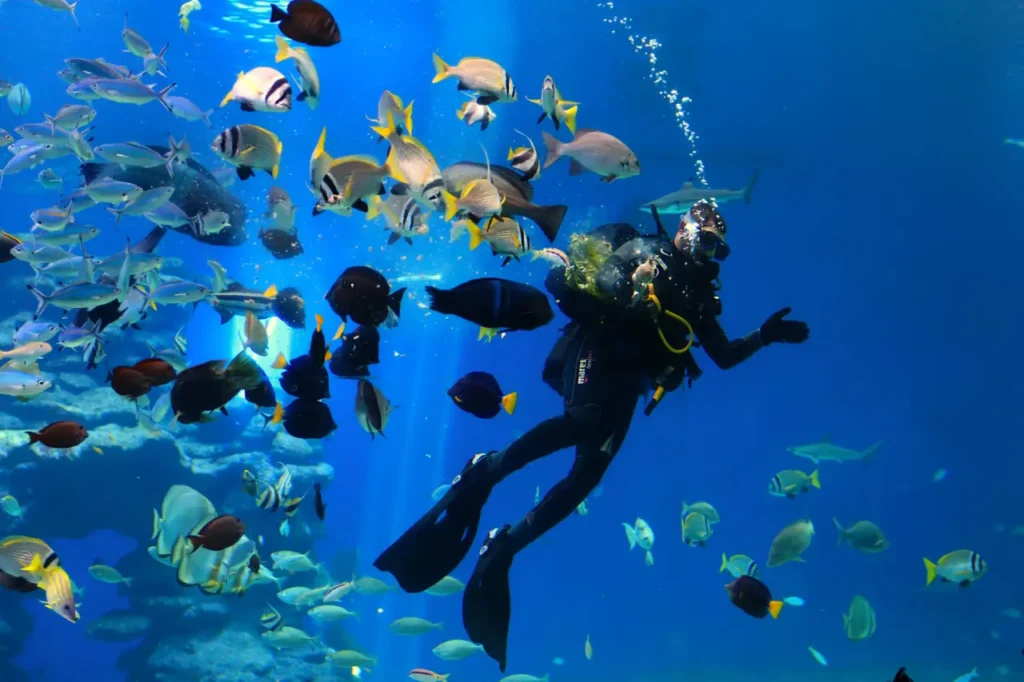
10. Island Hopping: The Great Lakes are dotted with numerous islands, each with its own charm and attractions. Consider embarking on an island-hopping adventure, visiting destinations such as Mackinac Island on Lake Huron, Isle Royale in Lake Superior, or the Thousand Islands on Lake Ontario. Explore the unique ecosystems, hike scenic trails, or simply relax on the tranquil shores.
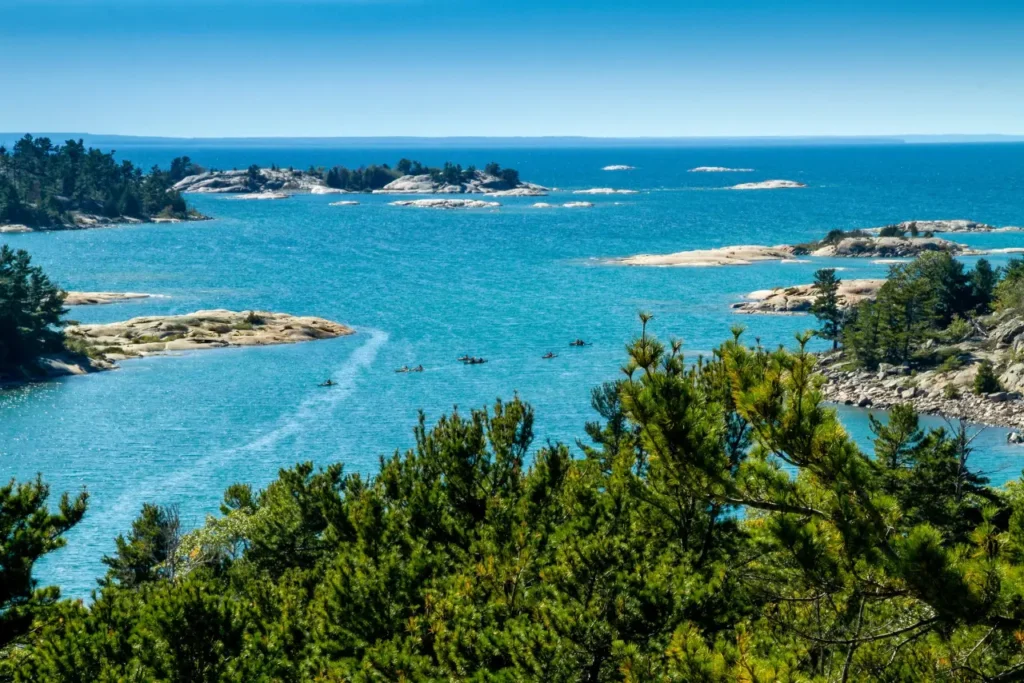
11. Lighthouse Tours: The Great Lakes are home to many historic lighthouses that served as navigational aids in the past. Take a lighthouse tour to explore these iconic structures and learn about their fascinating history. Some lighthouses allow visitors to climb to the top, offering breathtaking panoramic views of the lakes and surrounding landscapes.
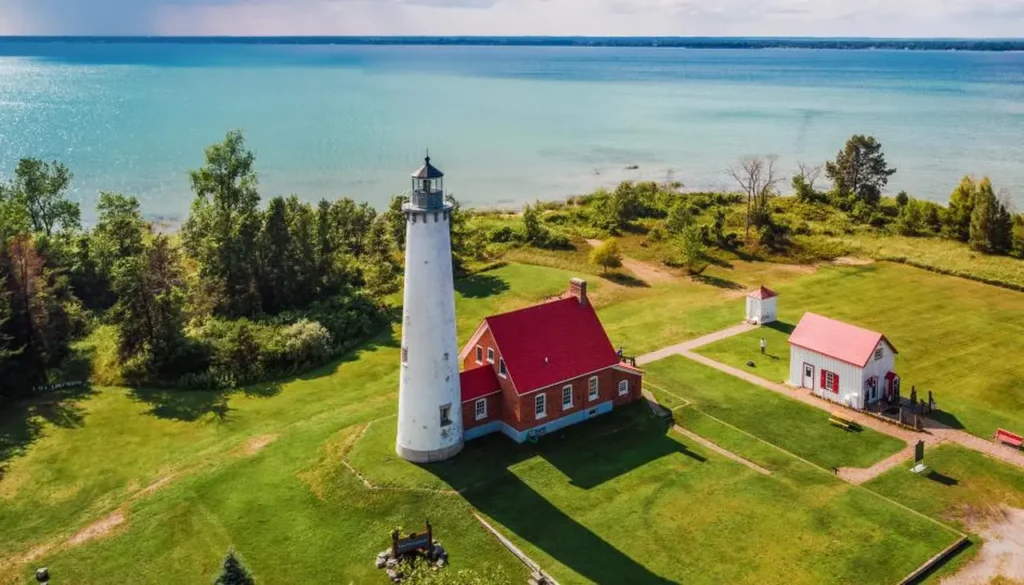
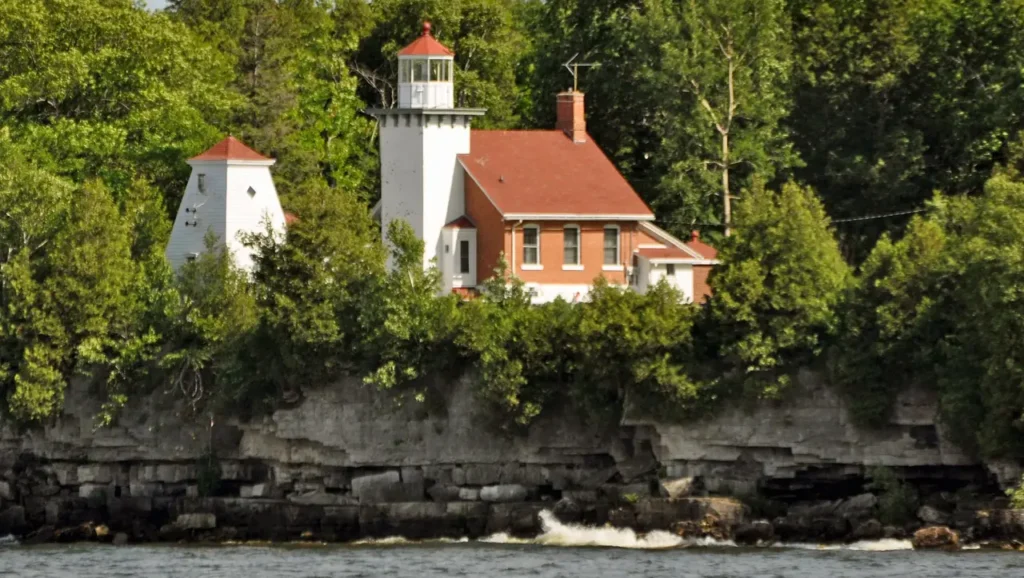
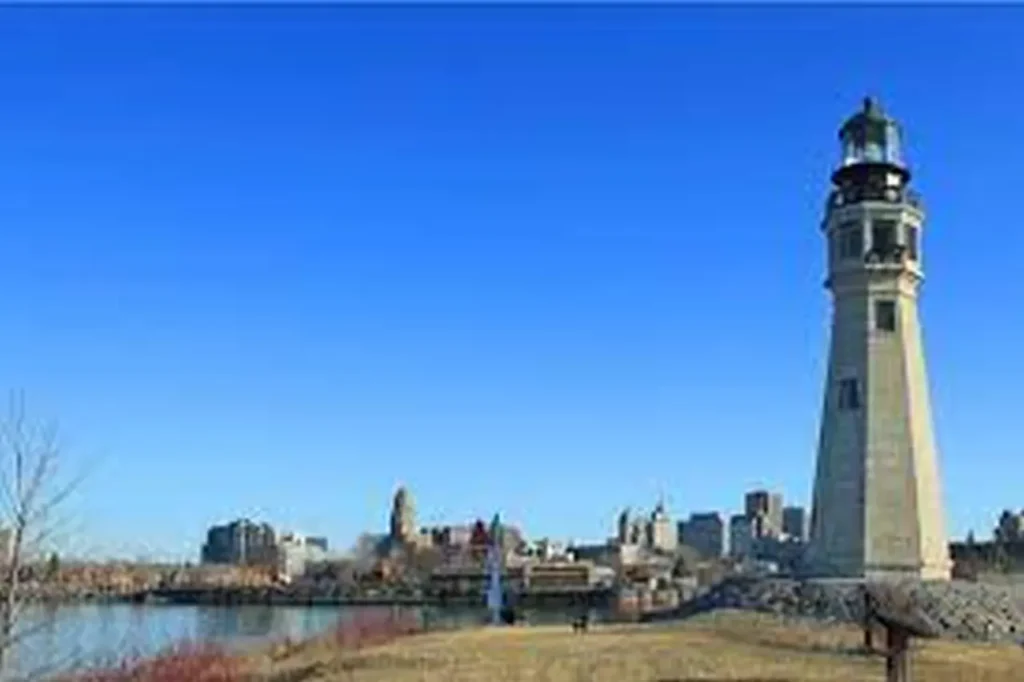
12. Wine Tasting: Several wine regions can be found near the Great Lakes, particularly in areas such as the Finger Lakes in New York or the Niagara Peninsula in Ontario, Canada. Plan a wine tour and visit local wineries, where you can sample a variety of wines, take vineyard walks, and enjoy beautiful views of the lakes.
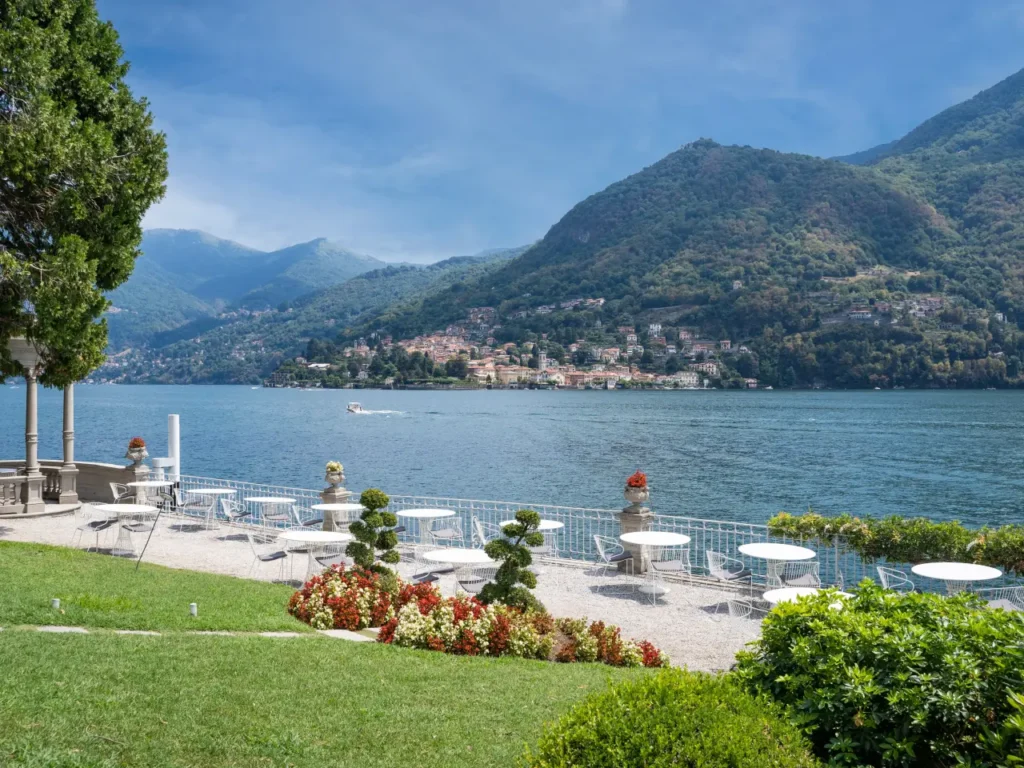
13. Camping and RVing: The Great Lakes offer numerous camping and RV parks along their shores. Set up camp and enjoy the serenity of nature, with options ranging from basic tent sites to fully-equipped RV parks. Wake up to the sounds of lapping waves, spend evenings around a campfire, and enjoy stargazing in the clear night sky.

14. Winter Sports: When winter arrives, the Great Lakes offer opportunities for ice fishing, ice skating, cross-country skiing, and snowshoeing. The frozen lakes create a winter wonderland where you can partake in various snow and ice activities. Some areas even offer ice caves and ice climbing for the more adventurous.
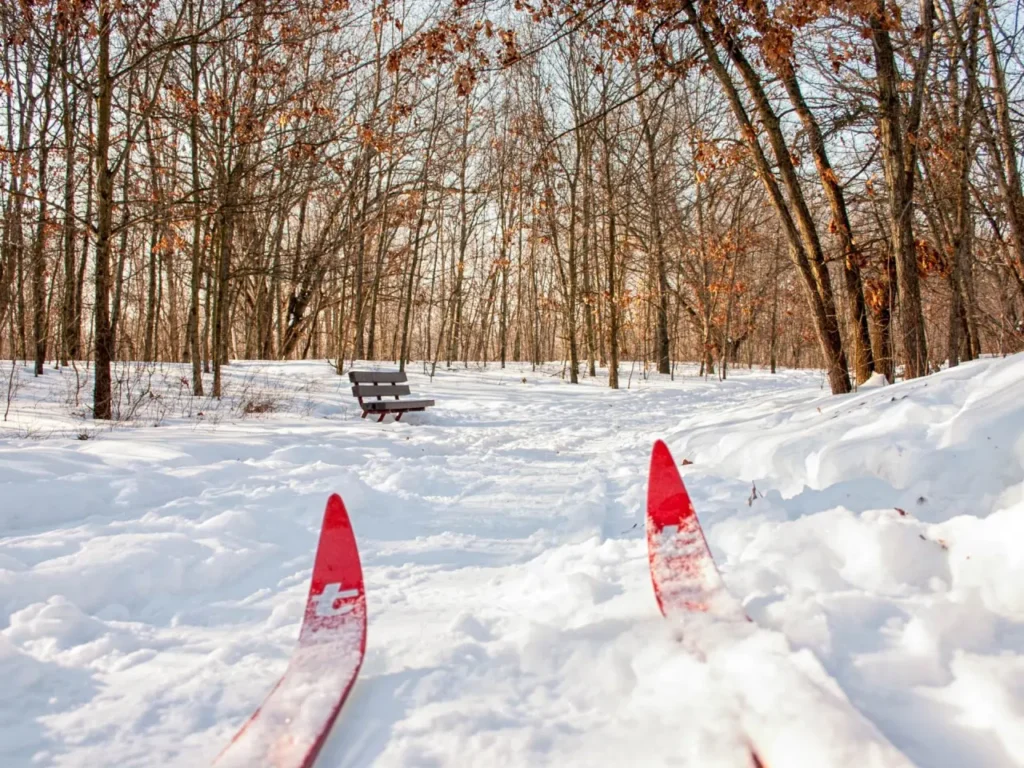
15. Cultural and Historical Sites: Explore the cultural and historical sites surrounding the Great Lakes. Visit museums, heritage sites, and historical landmarks that showcase the region’s rich history, including the Henry Ford Museum in Michigan, the Royal Ontario Museum in Toronto, or the Cleveland Museum of Art in Ohio.
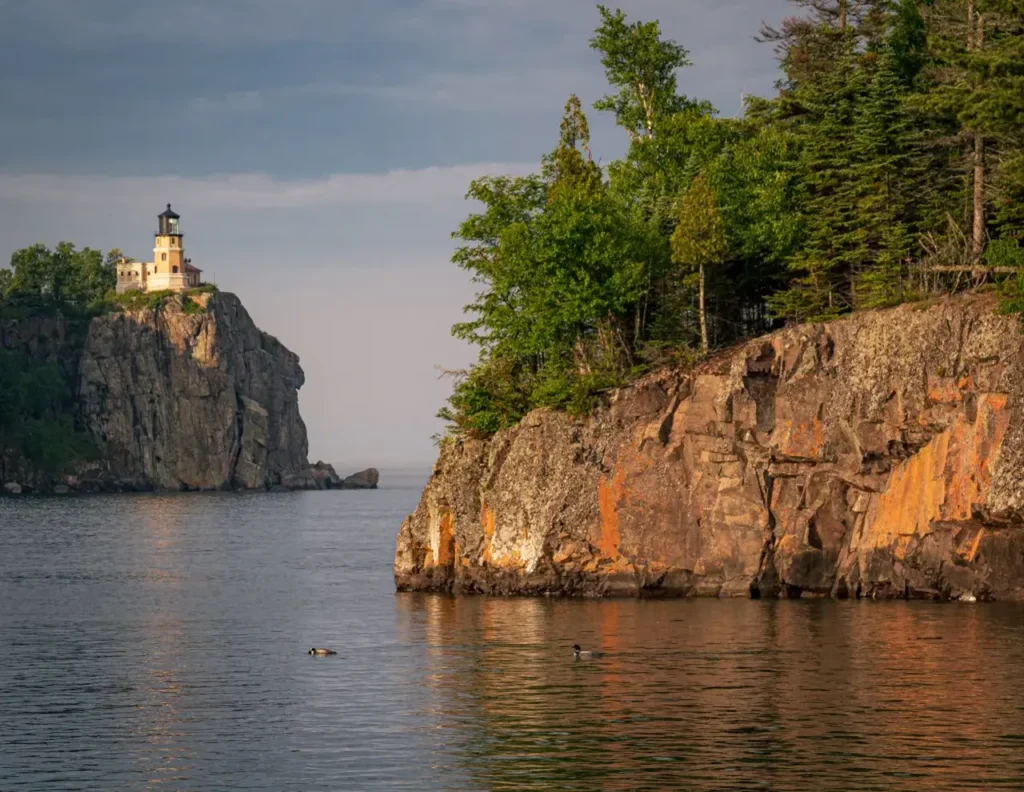
16. Culinary Experiences: The Great Lakes region boasts a diverse culinary scene. Indulge in local cuisine, including fresh seafood, regional specialties, and farm-to-table dining experiences. Look for restaurants, food festivals, and farmers’ markets that highlight the flavors and culinary traditions of the Great Lakes.
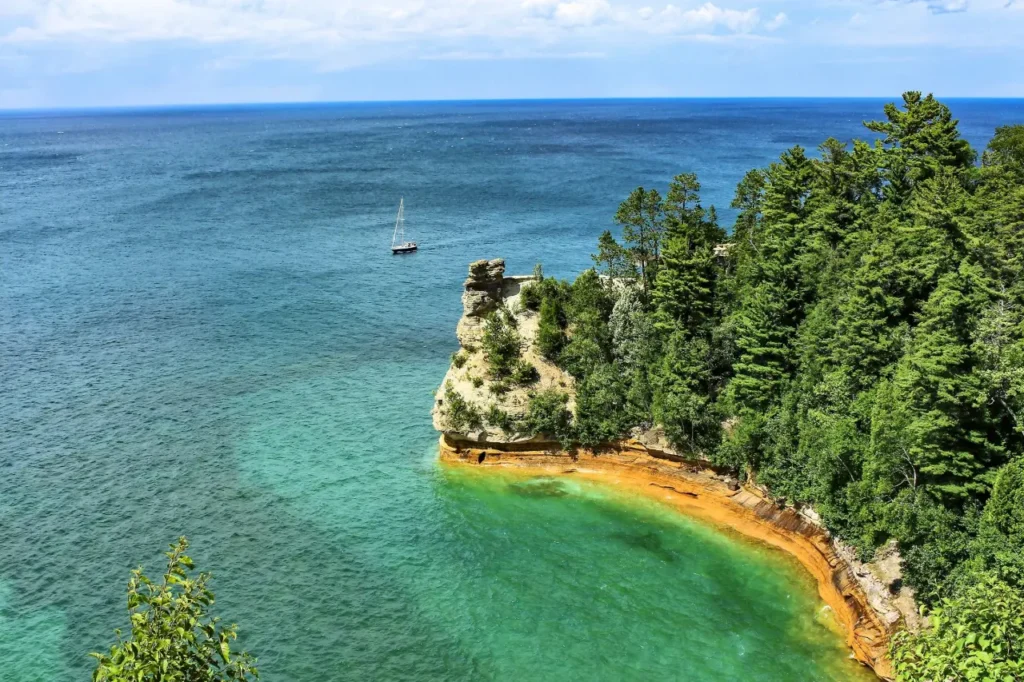
These activities provide even more opportunities to immerse yourself in the unique experiences offered by the Great Lakes. Whether you prefer outdoor adventures, cultural exploration, or indulging in local cuisine, the Great Lakes region has something to offer for every interest and season.
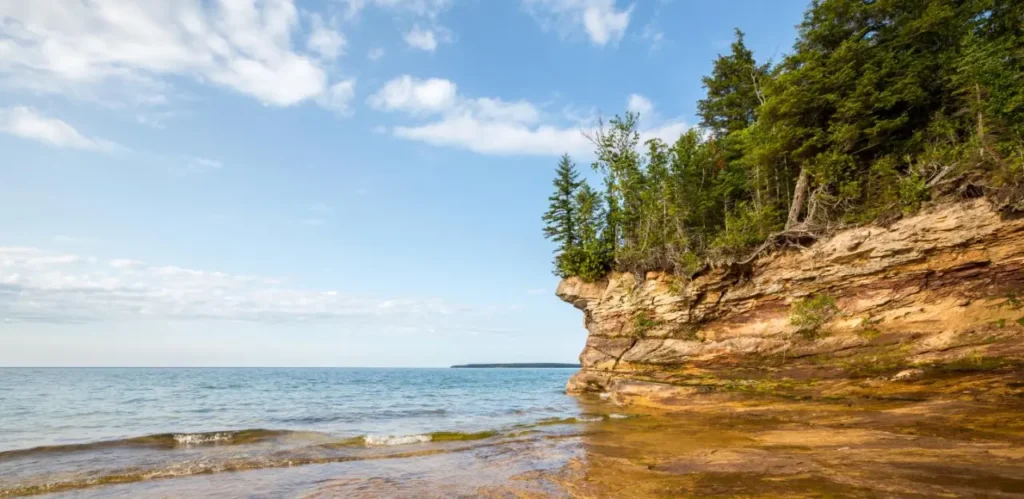
The best time to go the Great Lakes
The best time to visit the Great Lakes depends on your preferred activities and the specific region you plan to explore. Here’s a breakdown of the seasons and their characteristics:
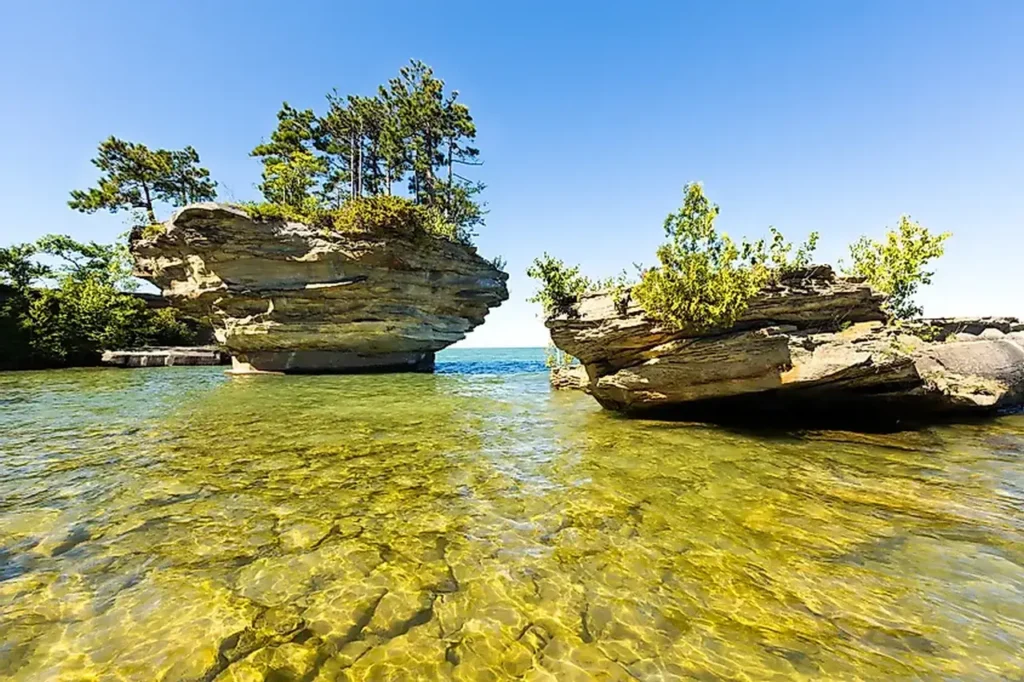
Summer (June to August): Summer is the most popular time to visit the Great Lakes. The weather is generally warm, and outdoor activities such as boating, swimming, and beachgoing are in full swing. This is also a peak tourist season, so popular destinations and attractions can be crowded. If you enjoy vibrant festivals, lively beach towns, and a bustling atmosphere, summer is a great time to go.
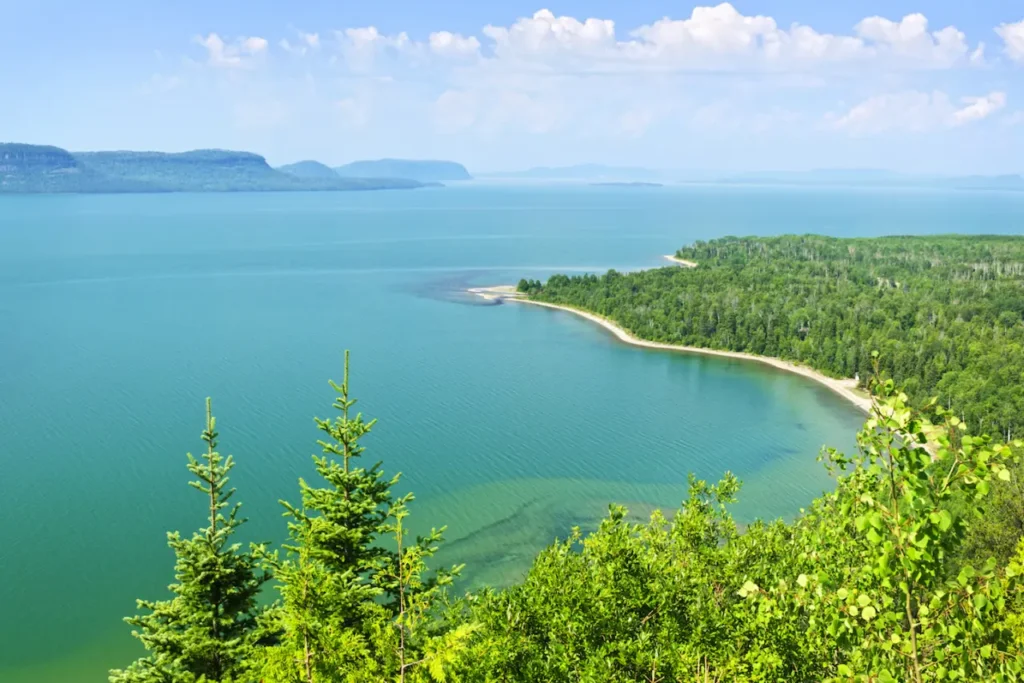
Spring (March to May) and Fall (September to November): Spring and fall offer pleasant weather, fewer crowds, and lower accommodation rates compared to the summer months. Springtime brings blooming flowers and the awakening of nature, while fall showcases stunning foliage colors. These seasons are ideal for hiking, birdwatching, and enjoying the scenic beauty of the lakes. However, keep in mind that water temperatures might still be cool for swimming.
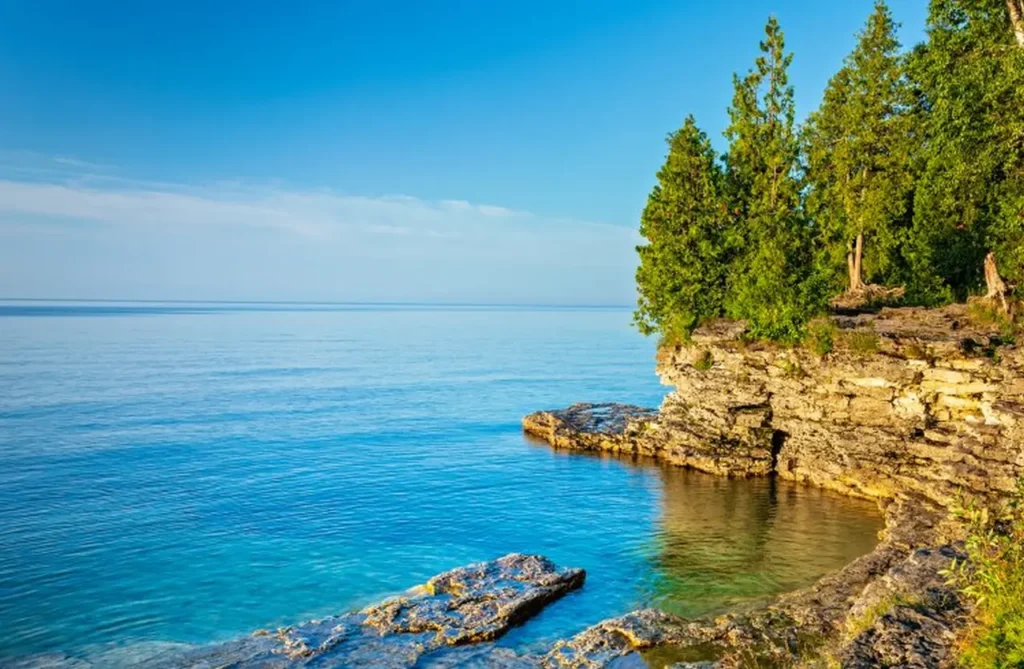
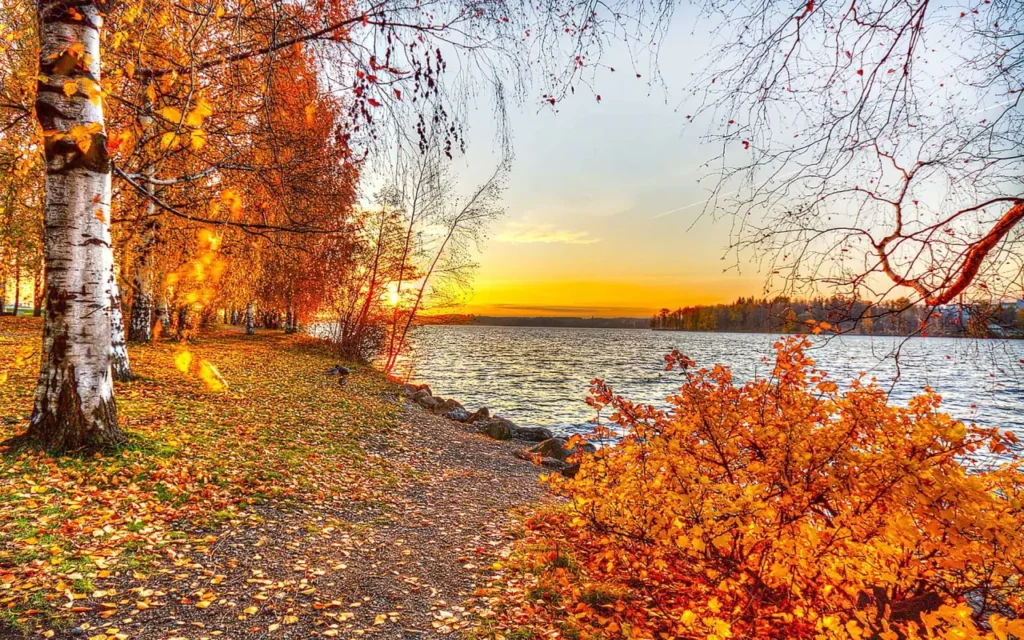
Winter (December to February): Winter can be a magical time on the Great Lakes, especially for winter sports enthusiasts. Activities such as ice fishing, ice skating, snowshoeing, and skiing are popular in the region. The lakes may freeze over, creating opportunities for ice caves and ice climbing. Winter also offers a quieter and more peaceful atmosphere, with the chance to experience picturesque snowy landscapes. However, be prepared for cold temperatures and check for ice conditions and safety guidelines.
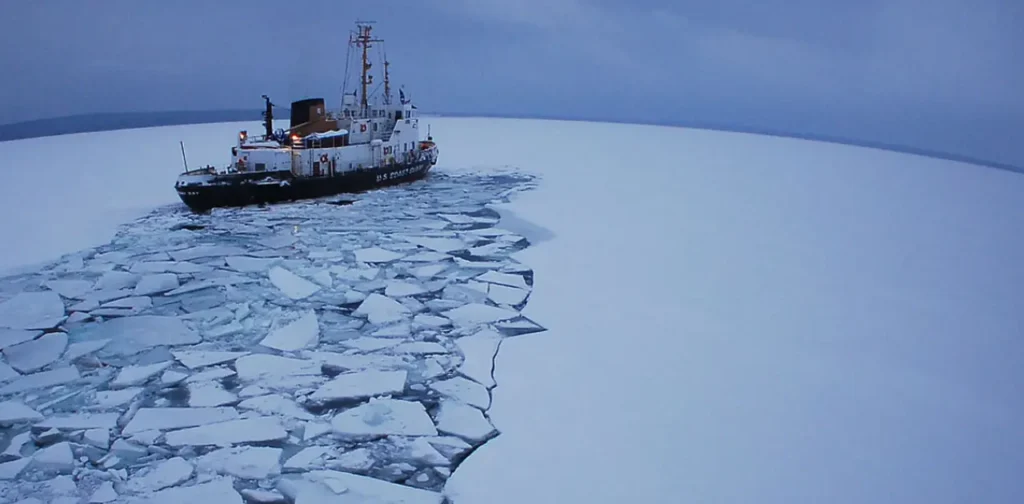
It’s important to note that the Great Lakes region covers a large area, and weather conditions can vary. Lake-effect snow can heavily impact certain areas, especially in the snowbelt regions downwind of the lakes. Keep in mind that lake temperatures can be cooler than expected, so be prepared when engaging in water-based activities.
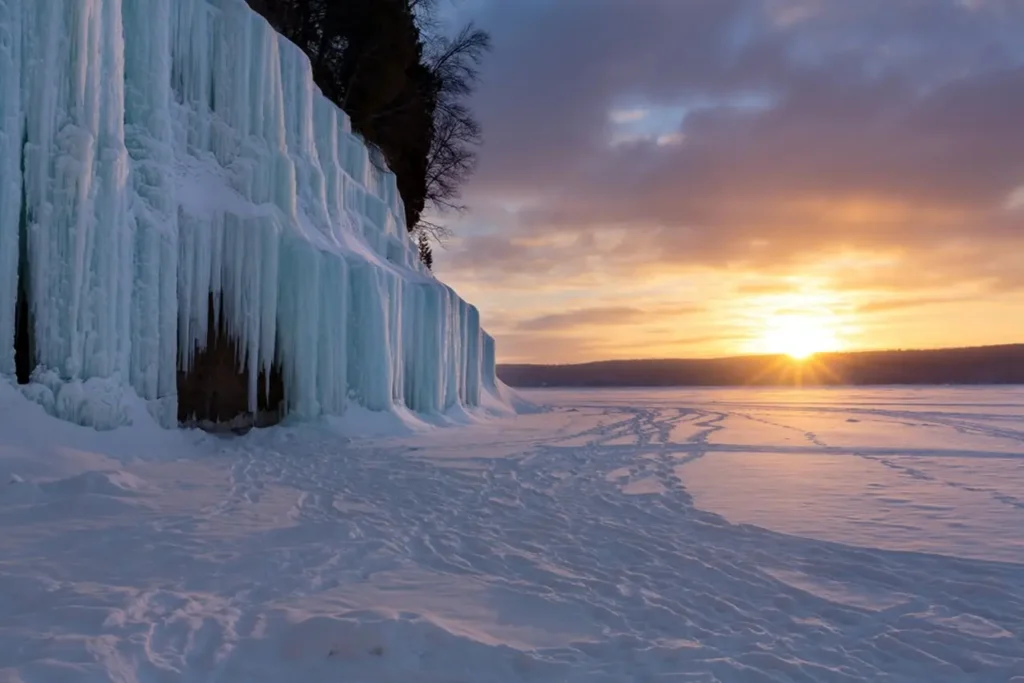
Ultimately, the best time to visit the Great Lakes depends on your interests, preferred activities, and tolerance for crowds. Consider the specific attractions and experiences you want to enjoy and plan your trip accordingly.
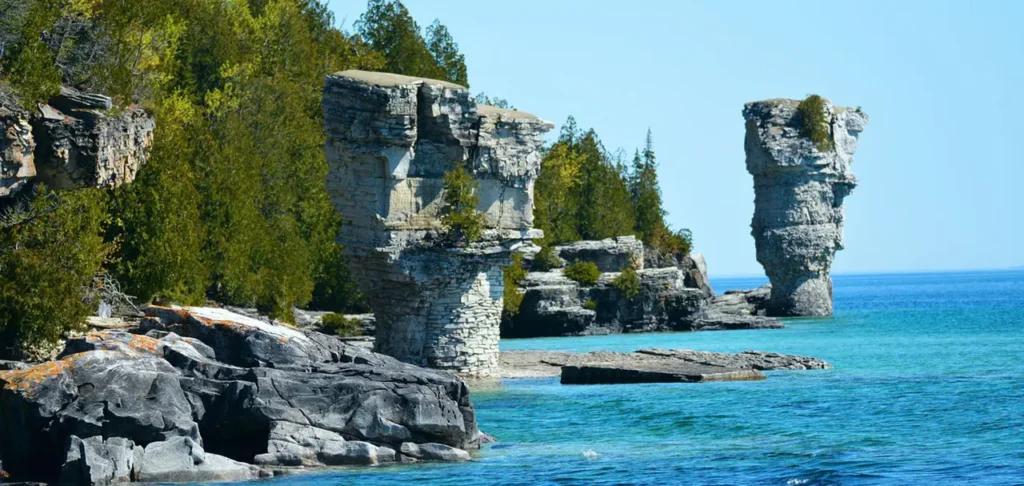
Some places to stay when visiting the Great Lakes
When visiting the Great Lakes region, there are numerous accommodation options to suit different preferences and budgets. Here are some suggestions for places to stay:
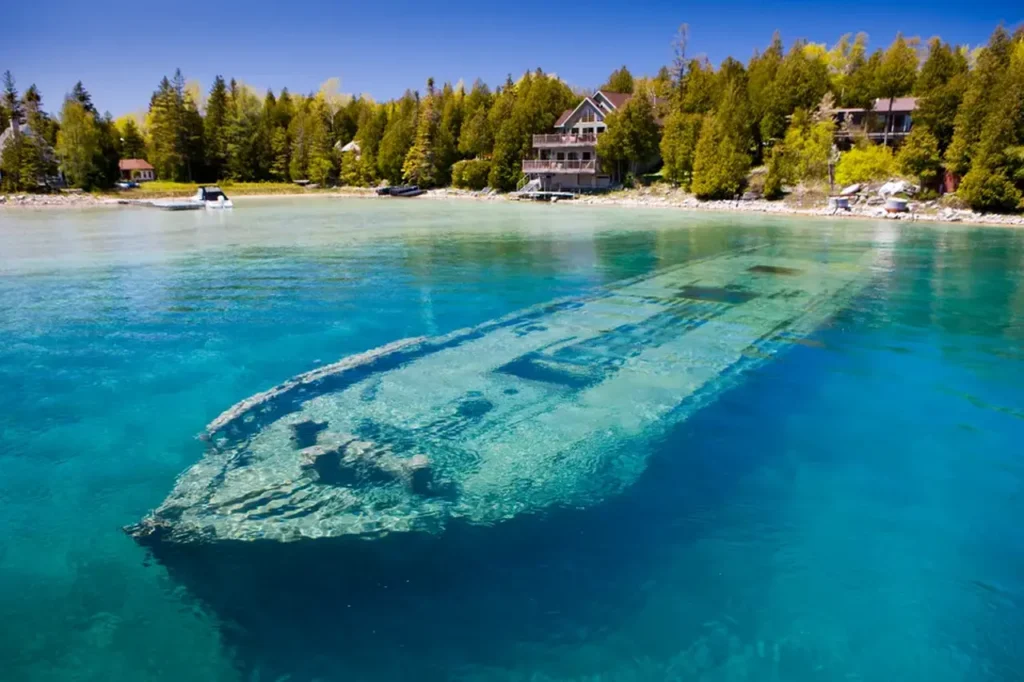
1. Waterfront Resorts: Consider staying at waterfront resorts that offer direct access to the lakes. These resorts often provide amenities such as private beaches, water sports facilities, and stunning lake views. Look for resorts in popular destinations like Mackinac Island, Traverse City, or the Finger Lakes region.
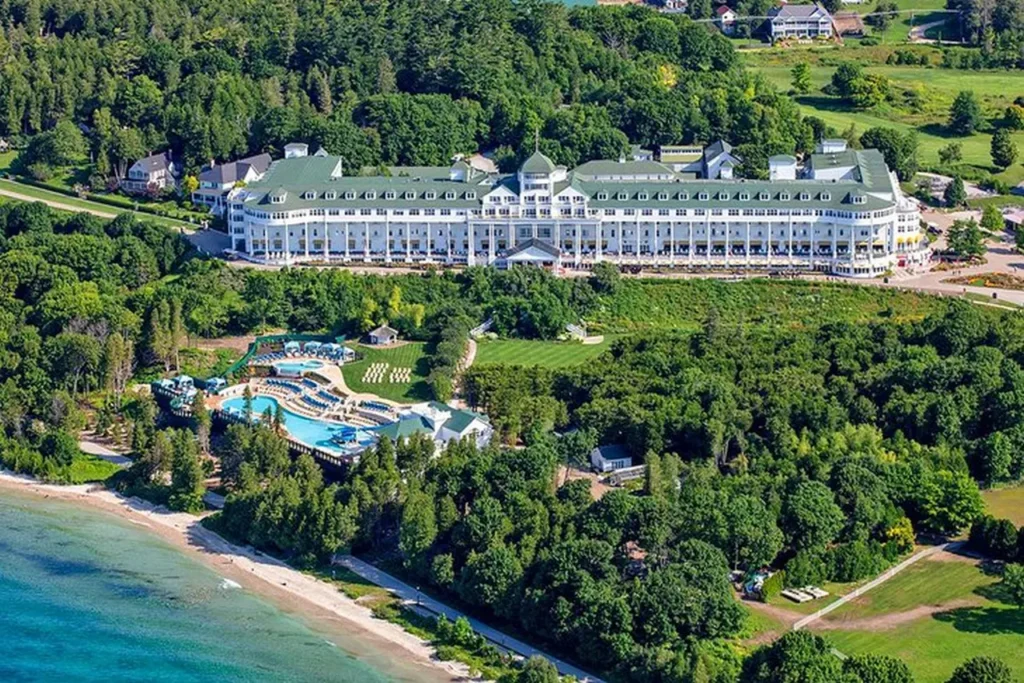
2. Bed and Breakfasts: Bed and breakfasts are a charming and cozy option, offering personalized service and a homely atmosphere. Many bed and breakfasts in the Great Lakes region are located in historic homes or buildings, providing a unique and intimate experience. They often include home-cooked breakfasts and warm hospitality. Look for bed and breakfasts in picturesque towns and countryside settings.
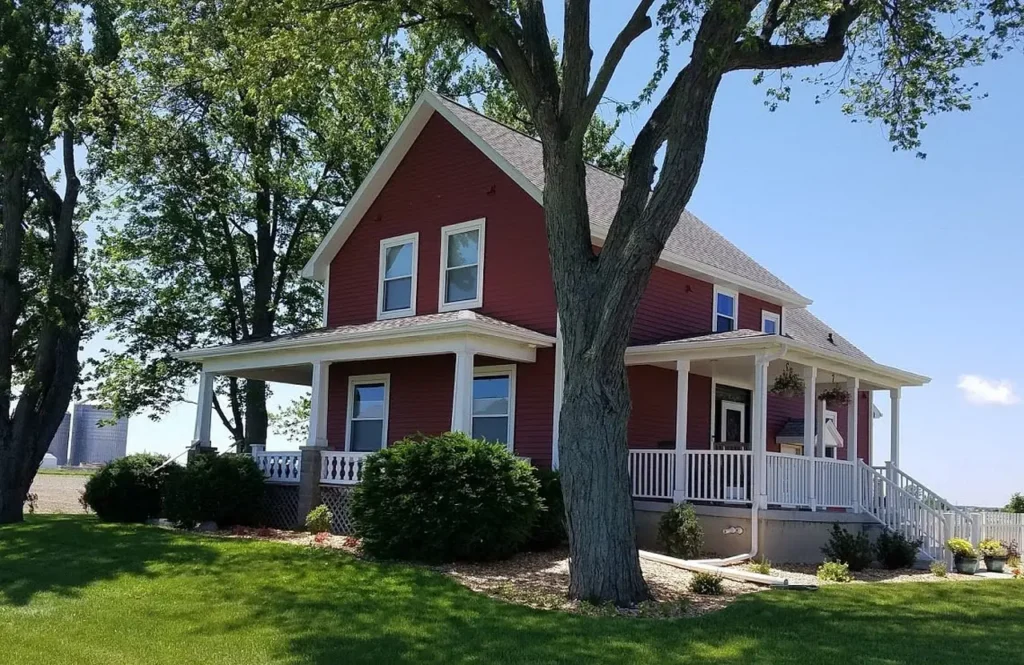
3. Hotels and Motels: Major cities and tourist destinations around the Great Lakes offer a wide range of hotels and motels catering to various budgets. You can find luxury hotels with waterfront views, boutique hotels in downtown areas, or budget-friendly chain hotels. Consider the location and amenities offered when choosing a hotel.
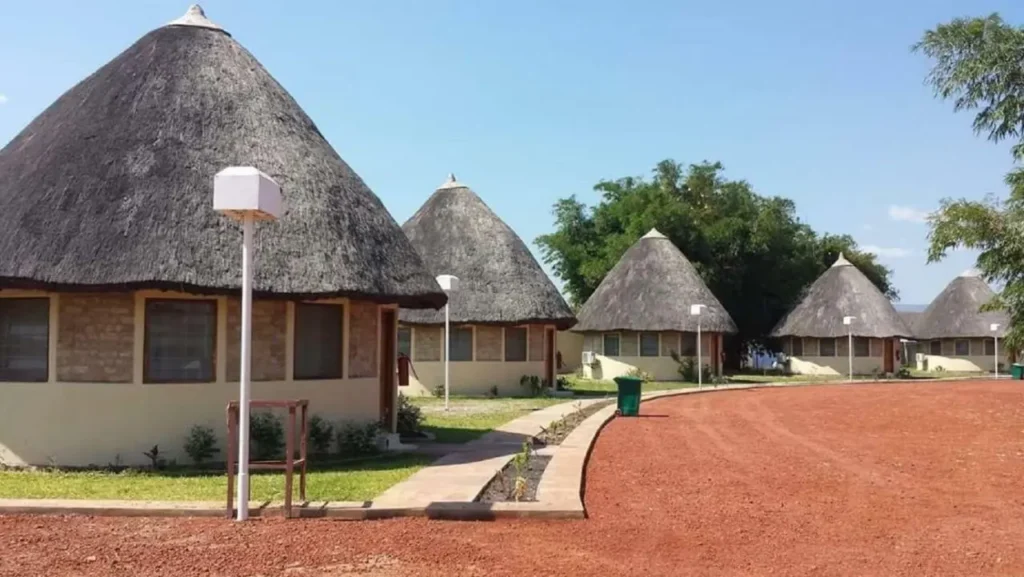
4. Vacation Rentals: Renting a vacation home or cottage is a popular choice for families or groups traveling together. Many properties are available along the lakeshores, offering the convenience of a home-away-from-home. Vacation rentals provide additional space, kitchen facilities, and often private access to the lakes. Websites such as Airbnb and Vrbo offer a wide selection of vacation rentals in the Great Lakes region.
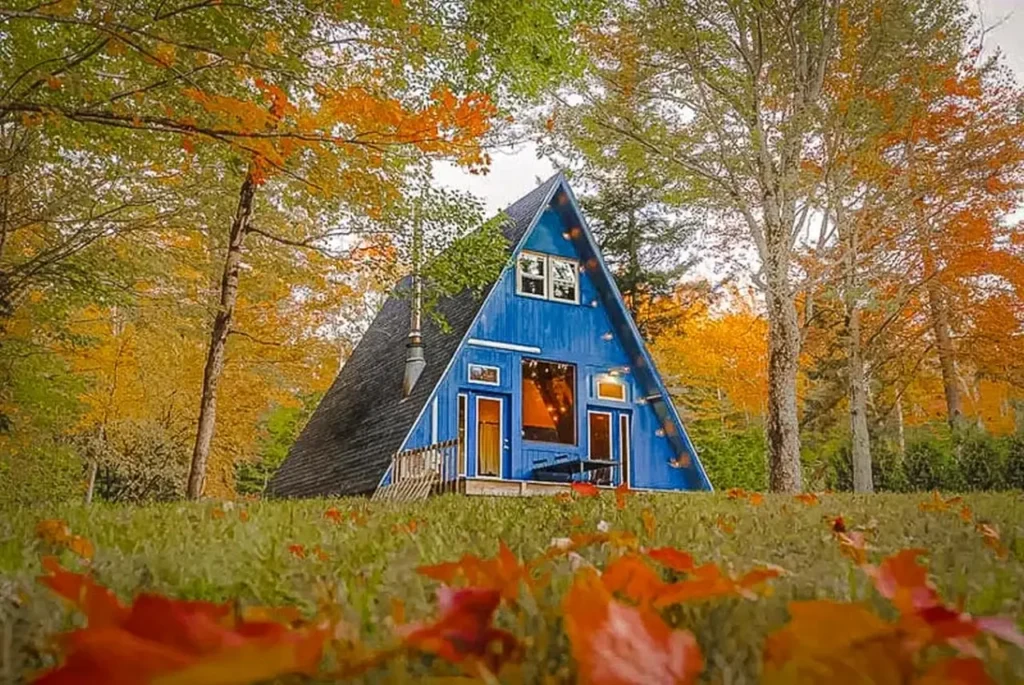
5. Campgrounds and RV Parks: If you enjoy the outdoors and camping, there are numerous campgrounds and RV parks available near the Great Lakes. These options allow you to immerse yourself in nature while providing facilities and amenities for a comfortable stay. Many campgrounds offer lakefront campsites, hiking trails, and recreational activities.
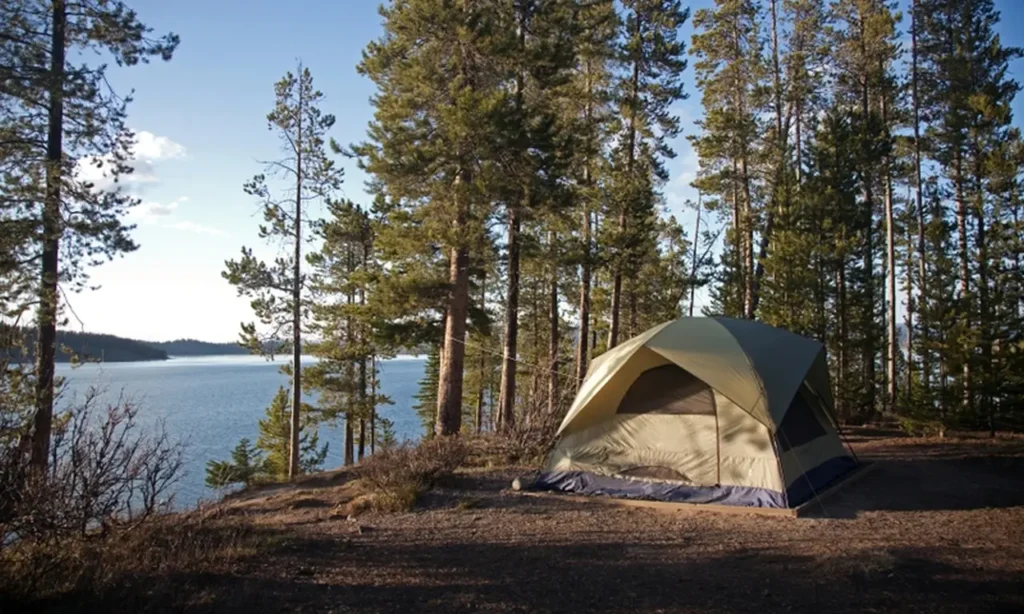
6. Historic Inns: The Great Lakes region has a rich history, and staying in a historic inn can add a touch of nostalgia to your trip. Some inns have been lovingly restored to their original grandeur and offer a glimpse into the region’s past. Look for inns that showcase the local heritage and offer modern comforts.
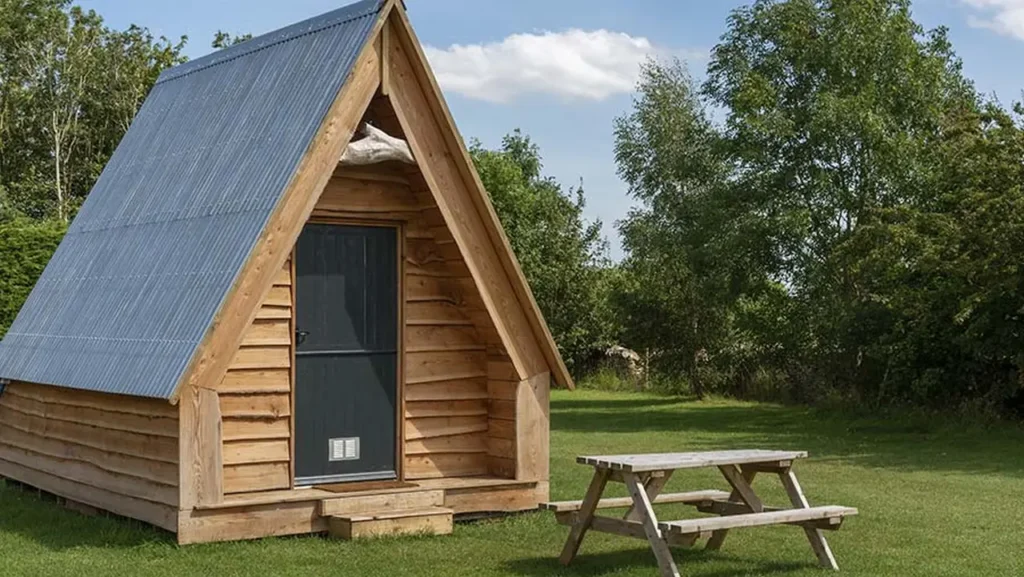
7. Farm Stays and Agritourism: In rural areas surrounding the Great Lakes, you’ll find farm stays and agritourism accommodations. These allow you to experience the agricultural heritage of the region and enjoy activities such as picking fruits, exploring farmsteads, and sampling local produce. Farm stays offer a unique perspective on rural life and often include farm-to-table dining experiences.
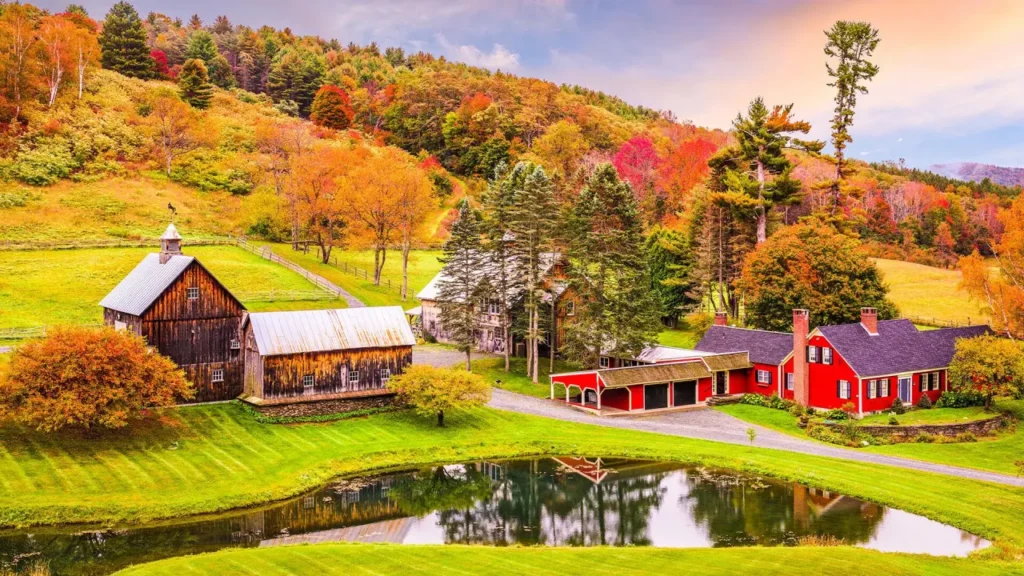
When choosing accommodations, consider factors such as location, amenities, proximity to attractions, and your preferred style of accommodation. It’s advisable to book in advance, especially during peak travel seasons, to secure your preferred choice.
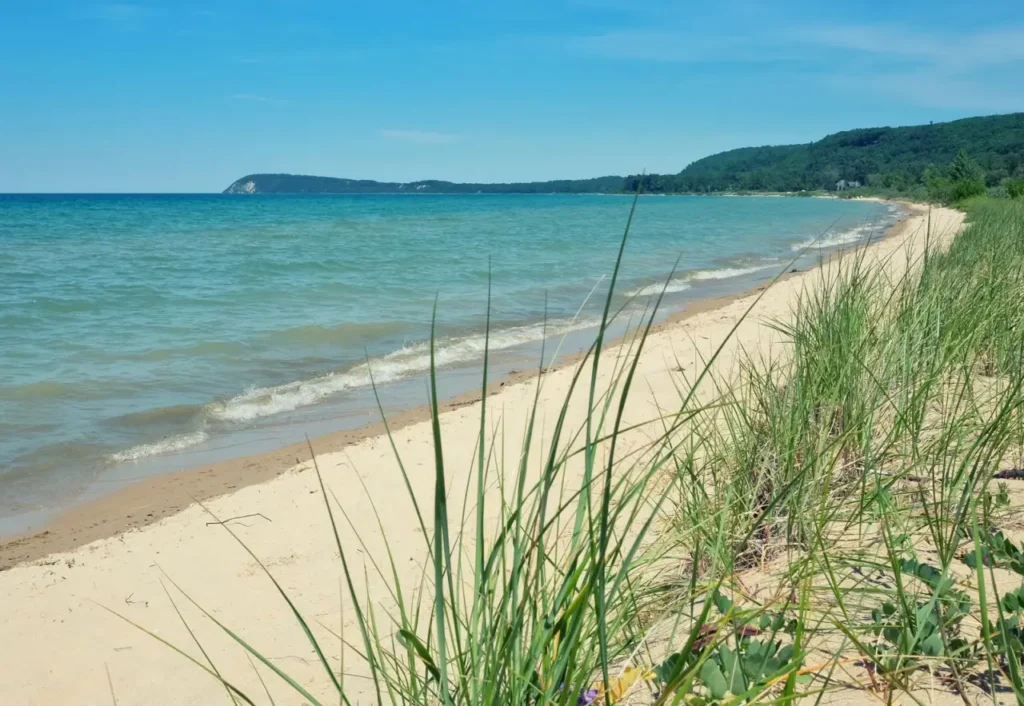
The above article has compiled for readers the facts about the Great Lakes. Hopefully, this information will be useful for you. Please visit our website to learn more useful information about beautiful places around the world!
